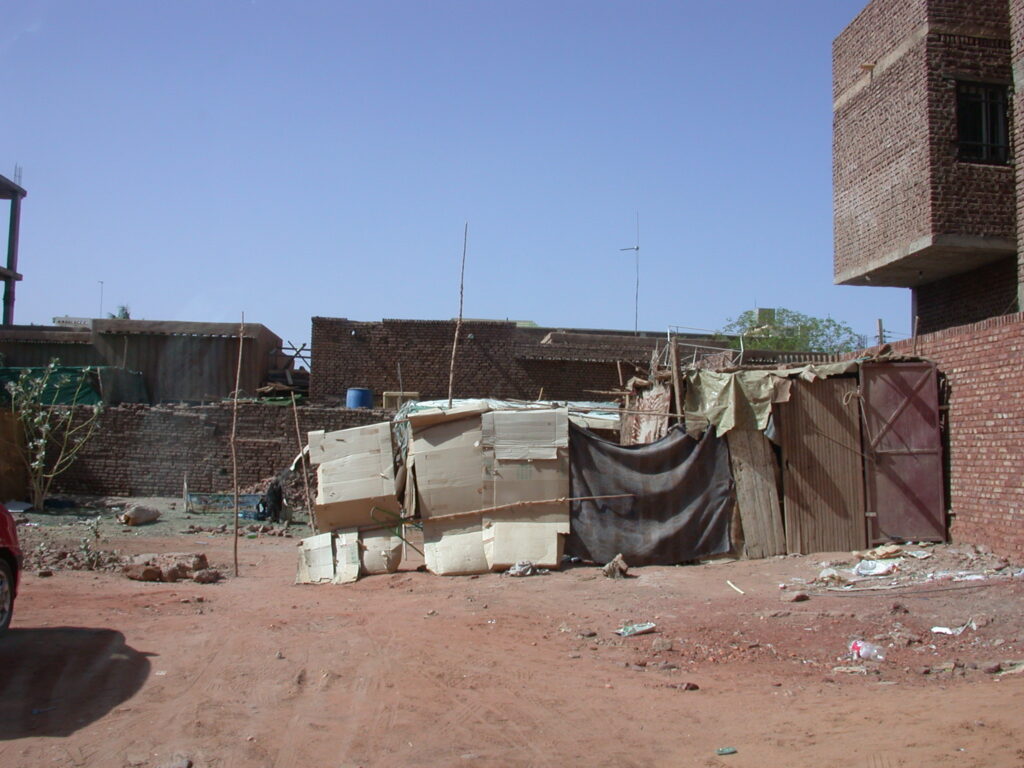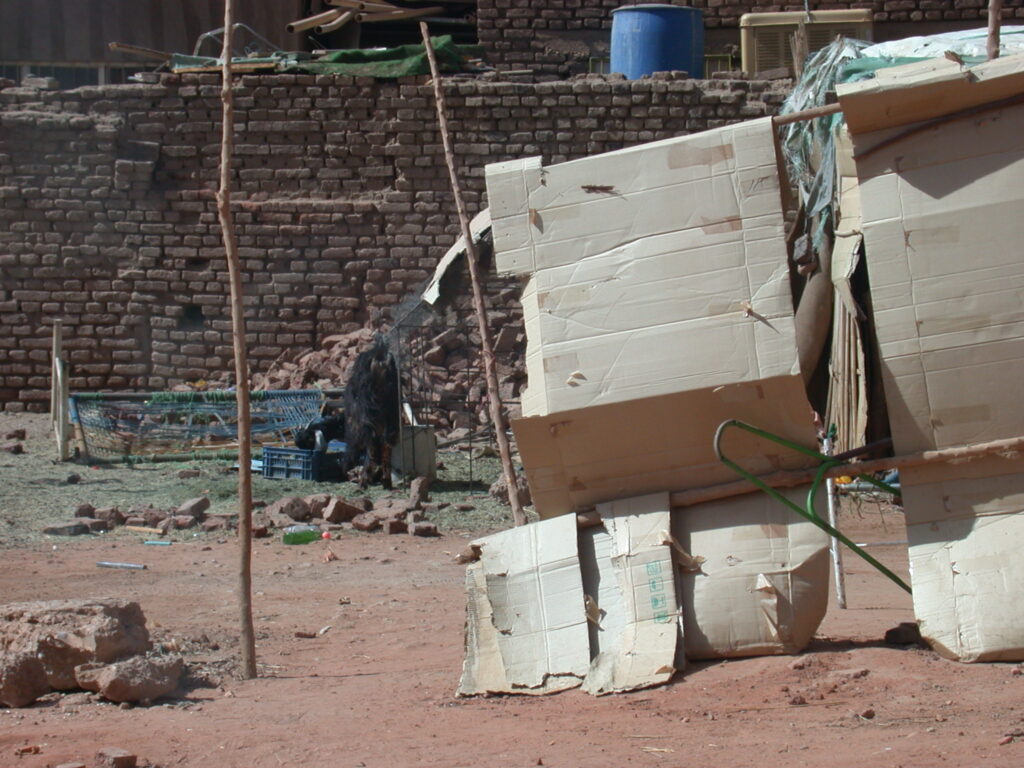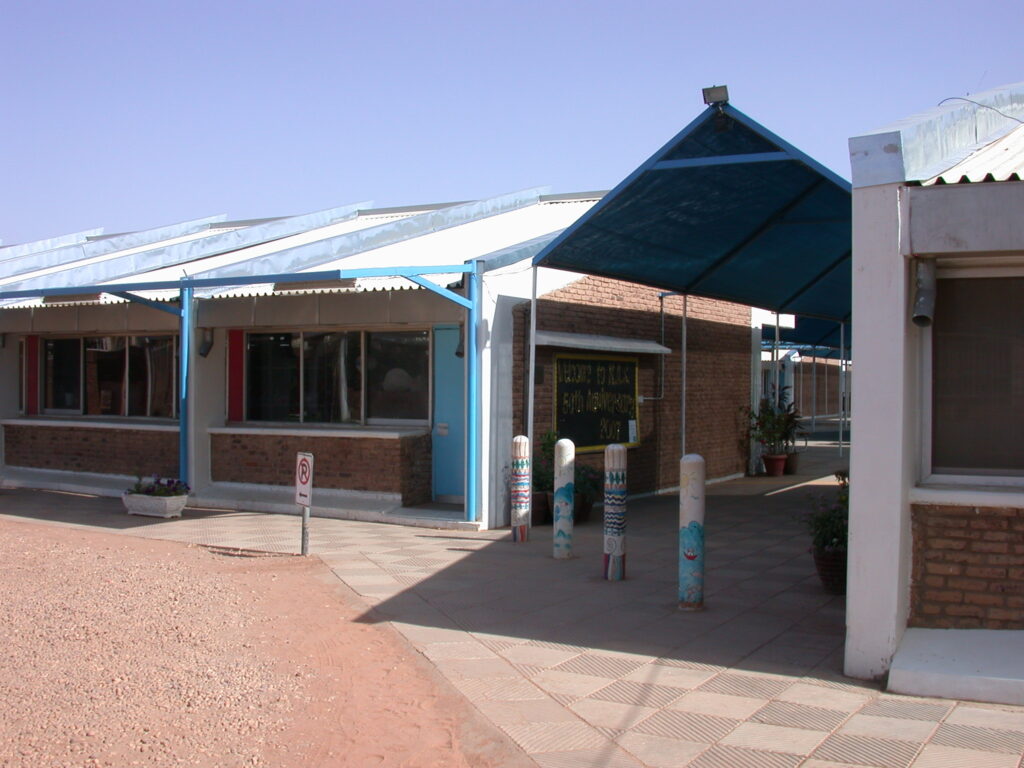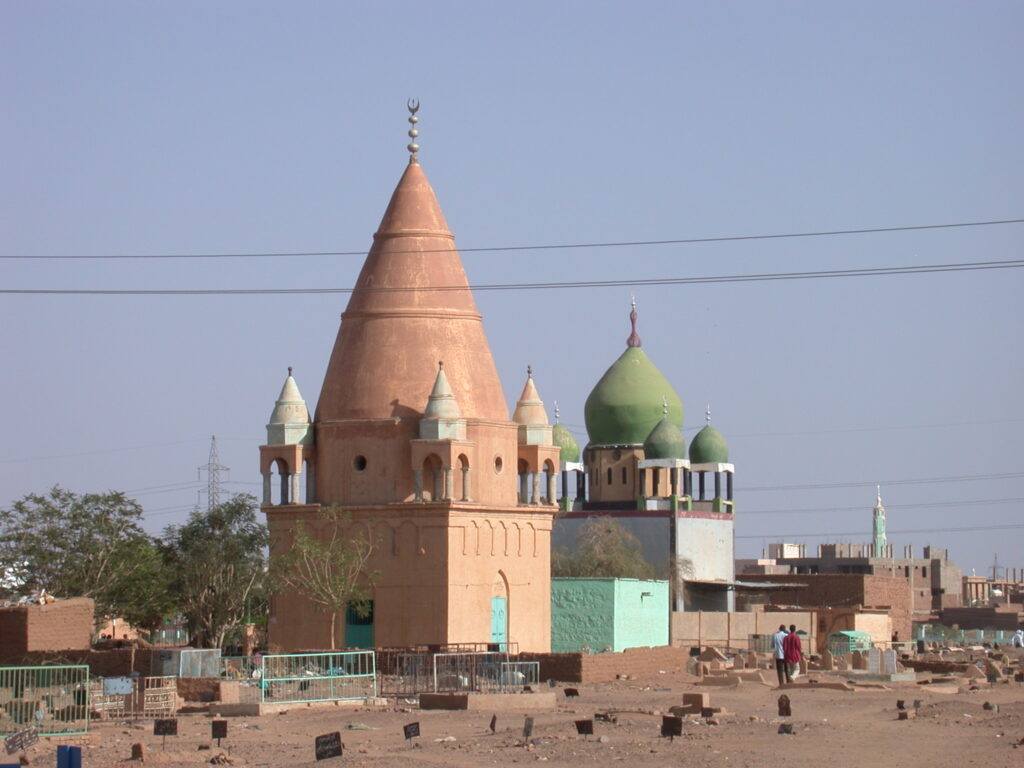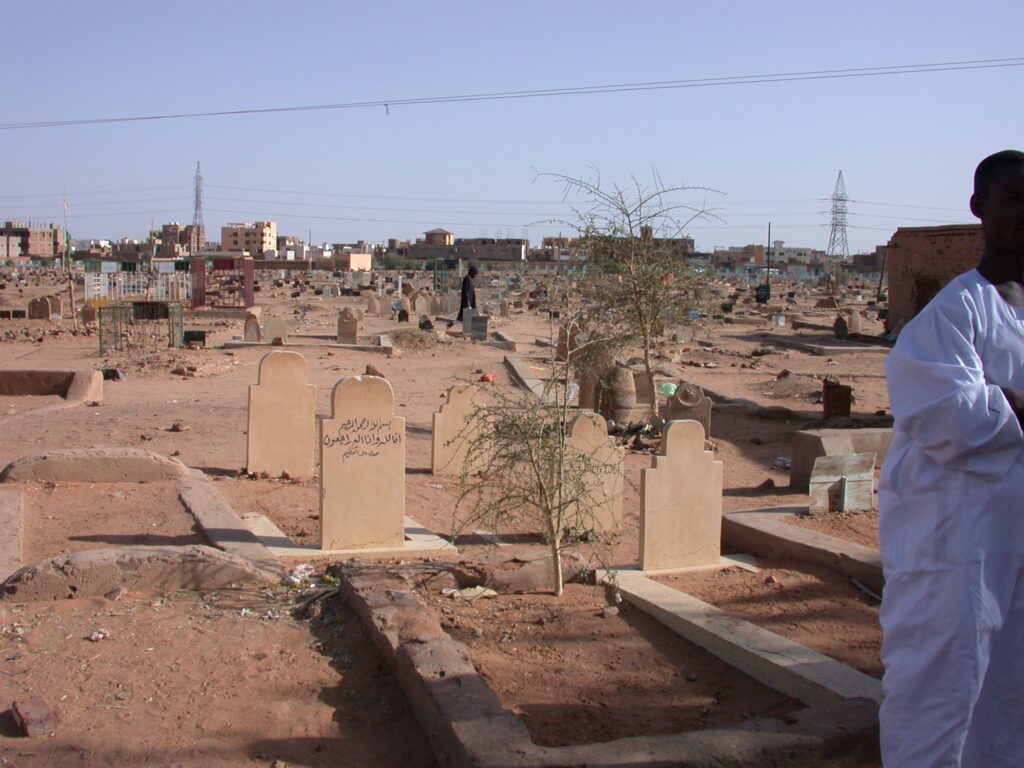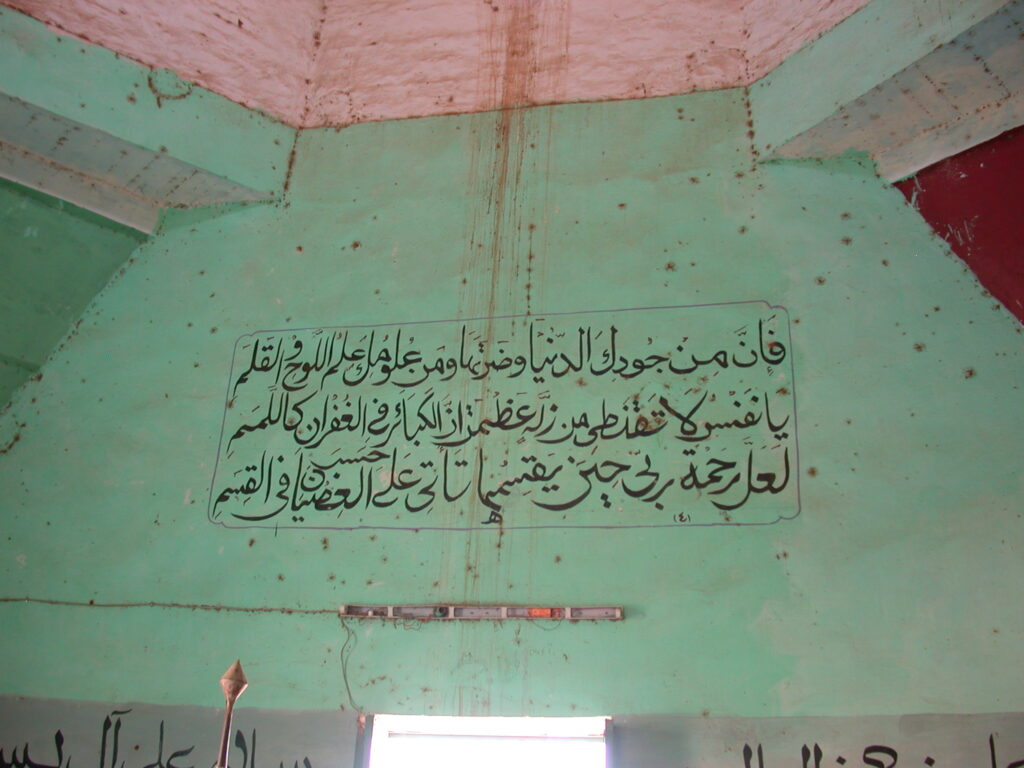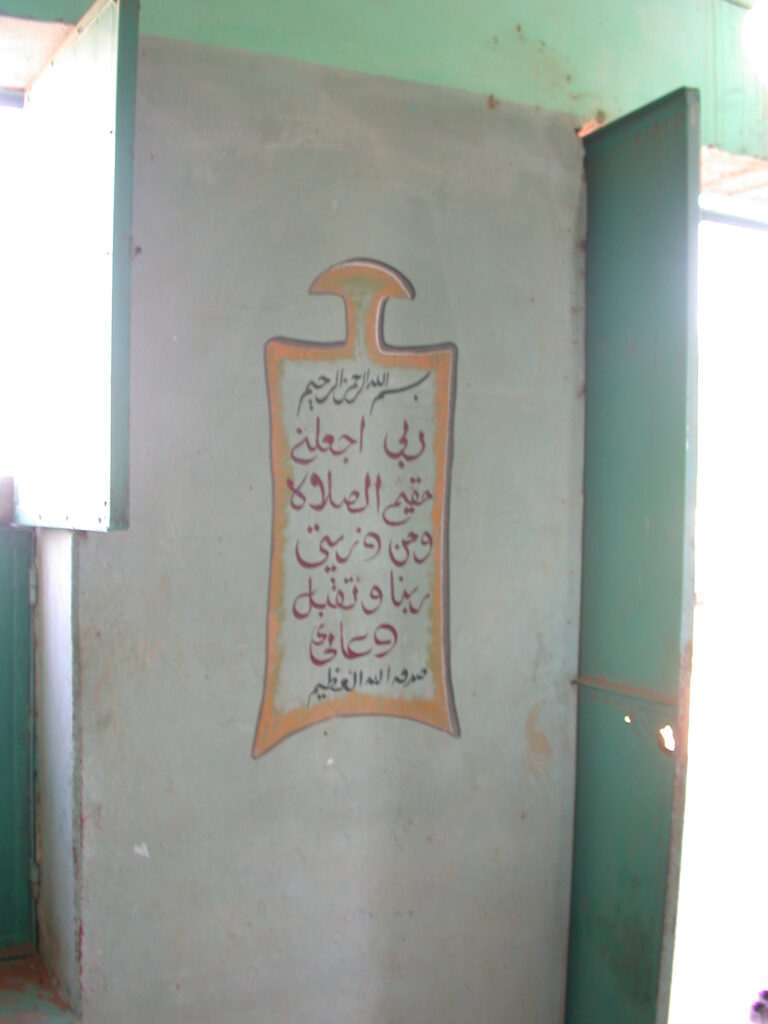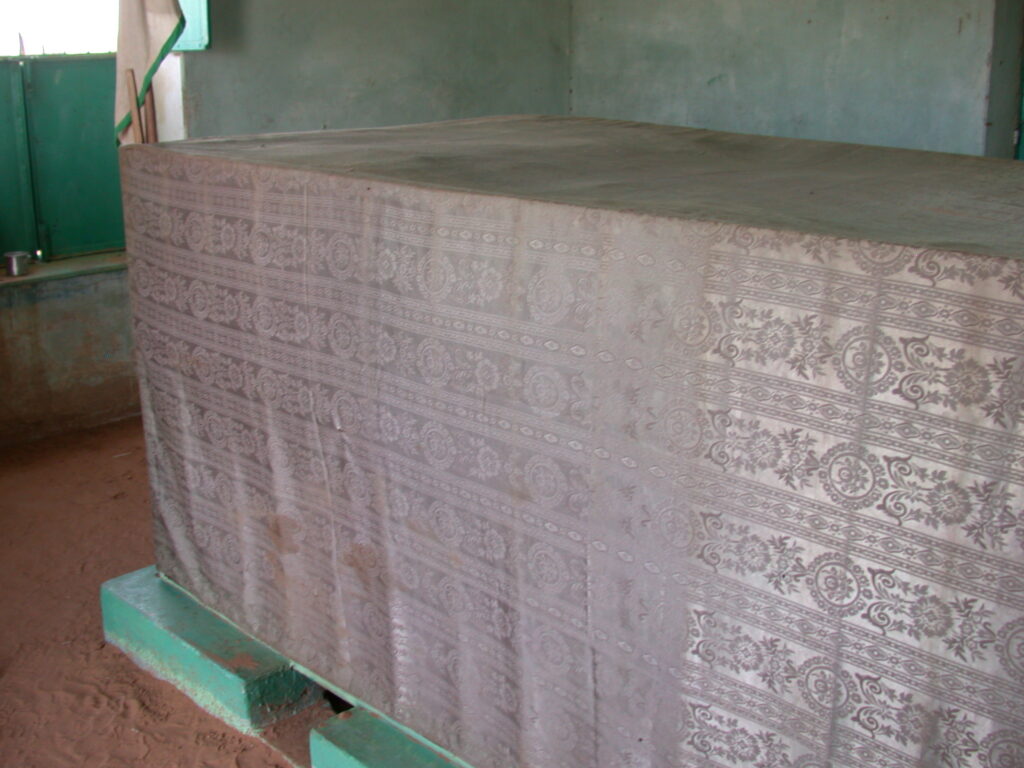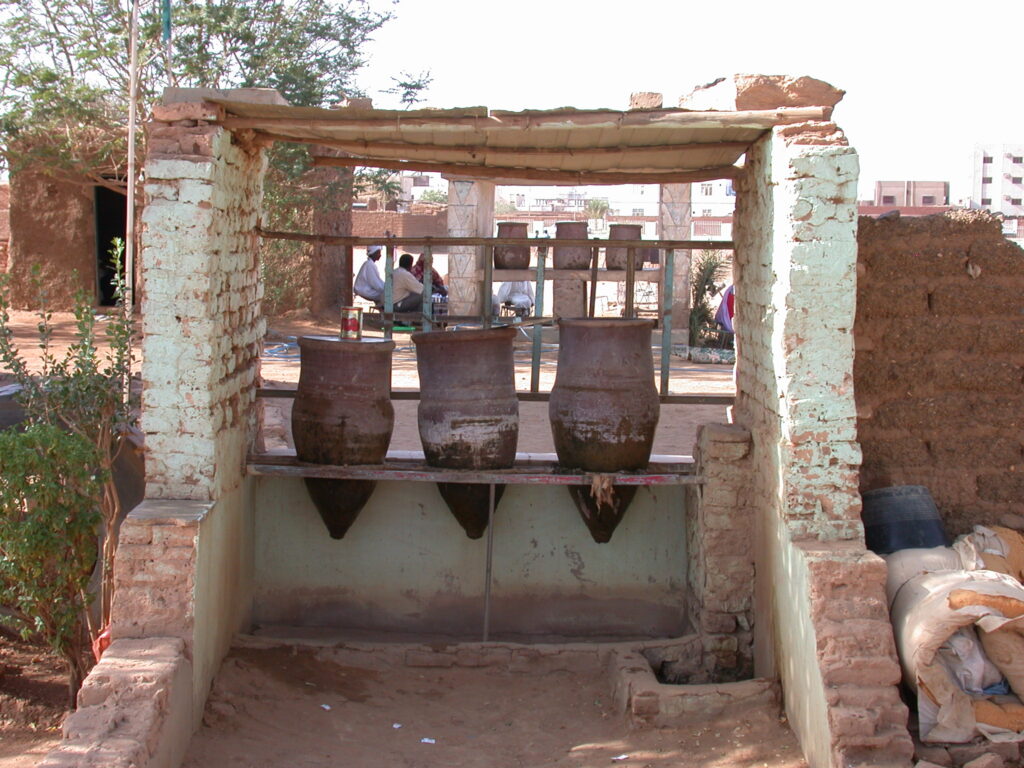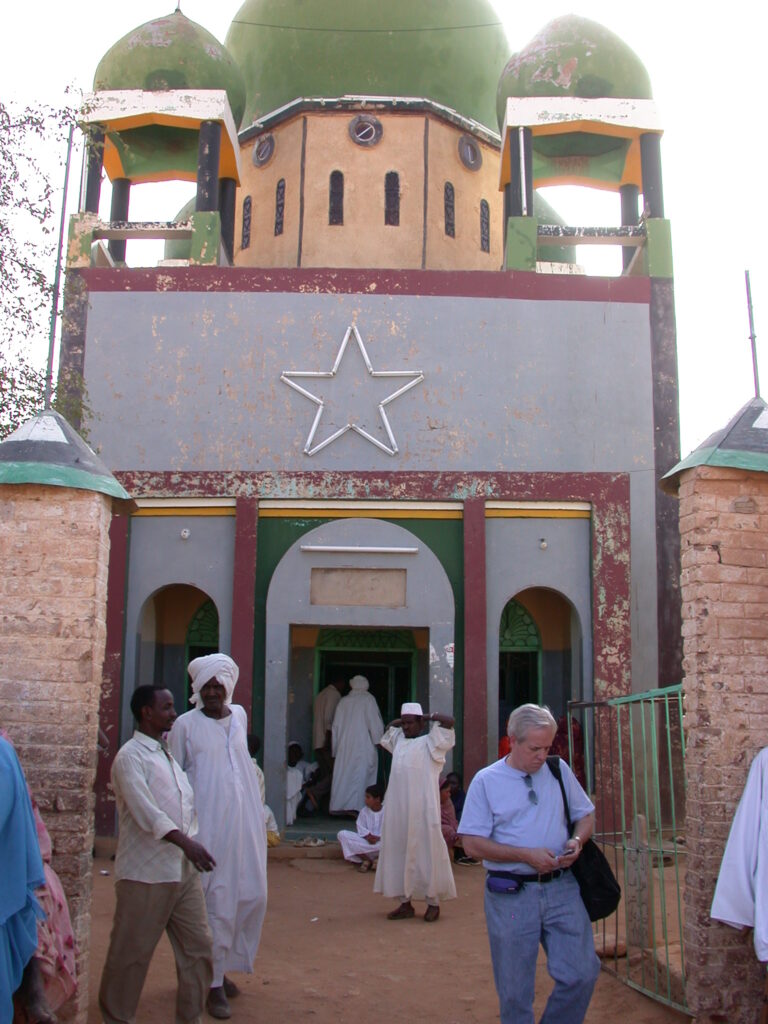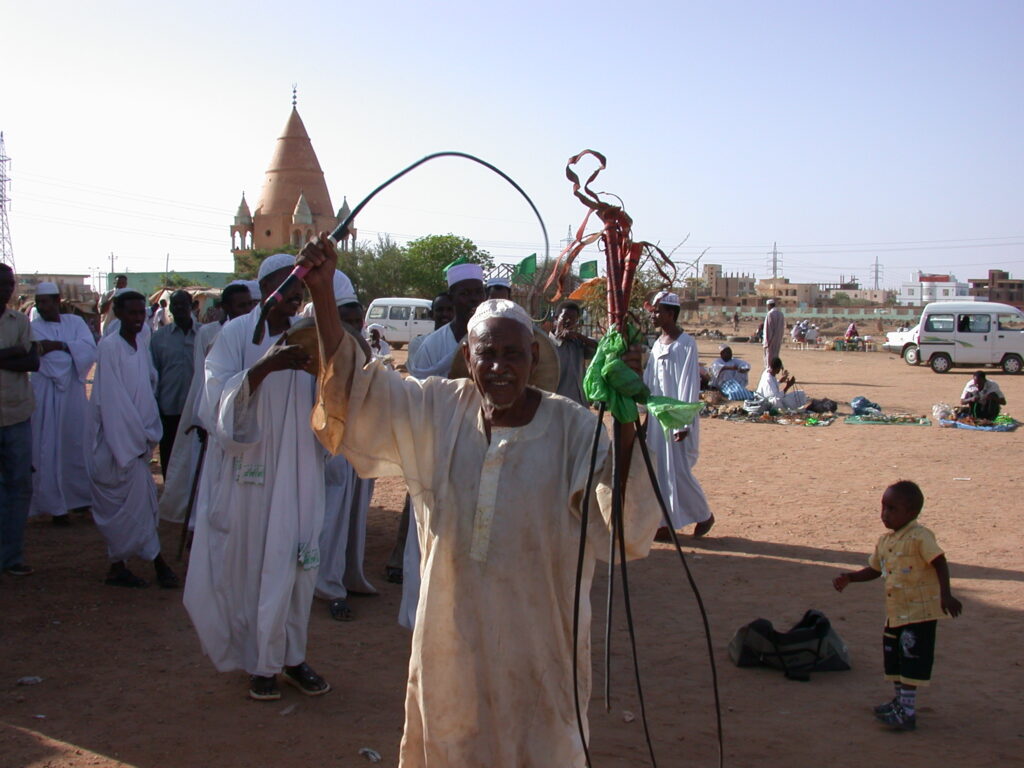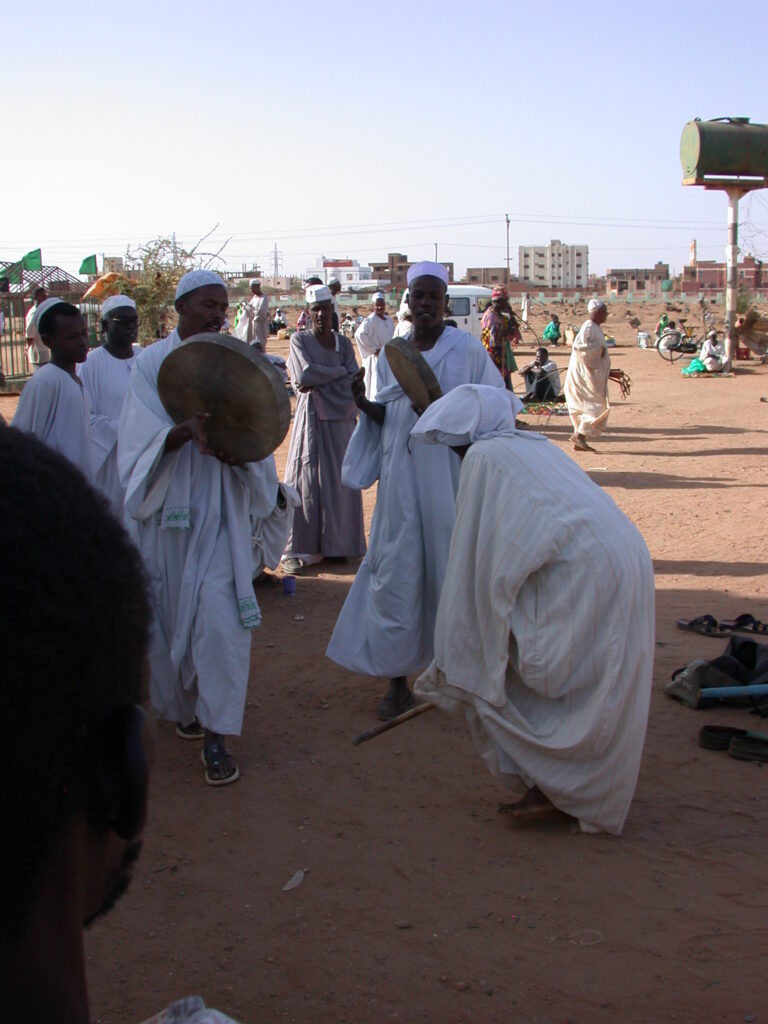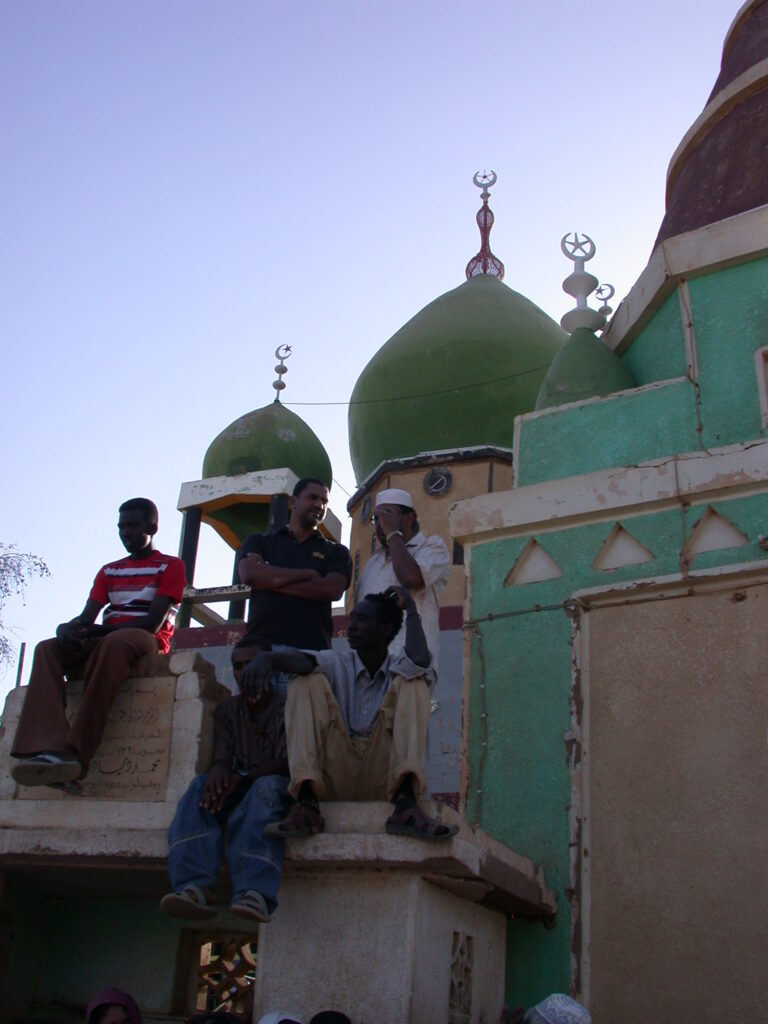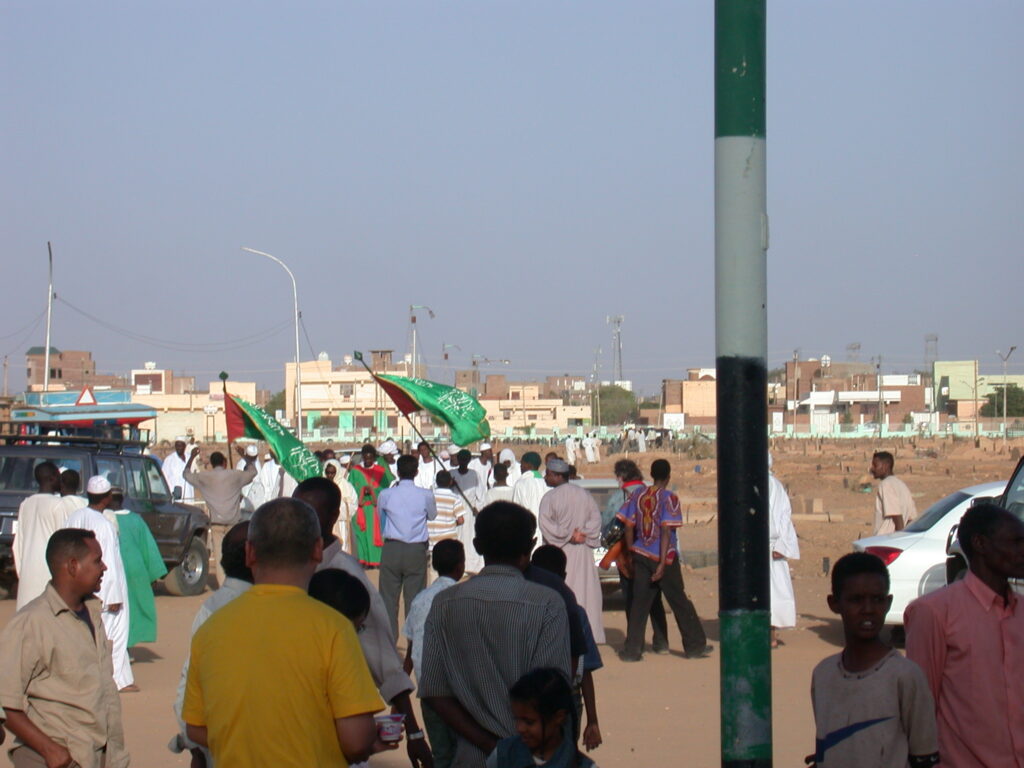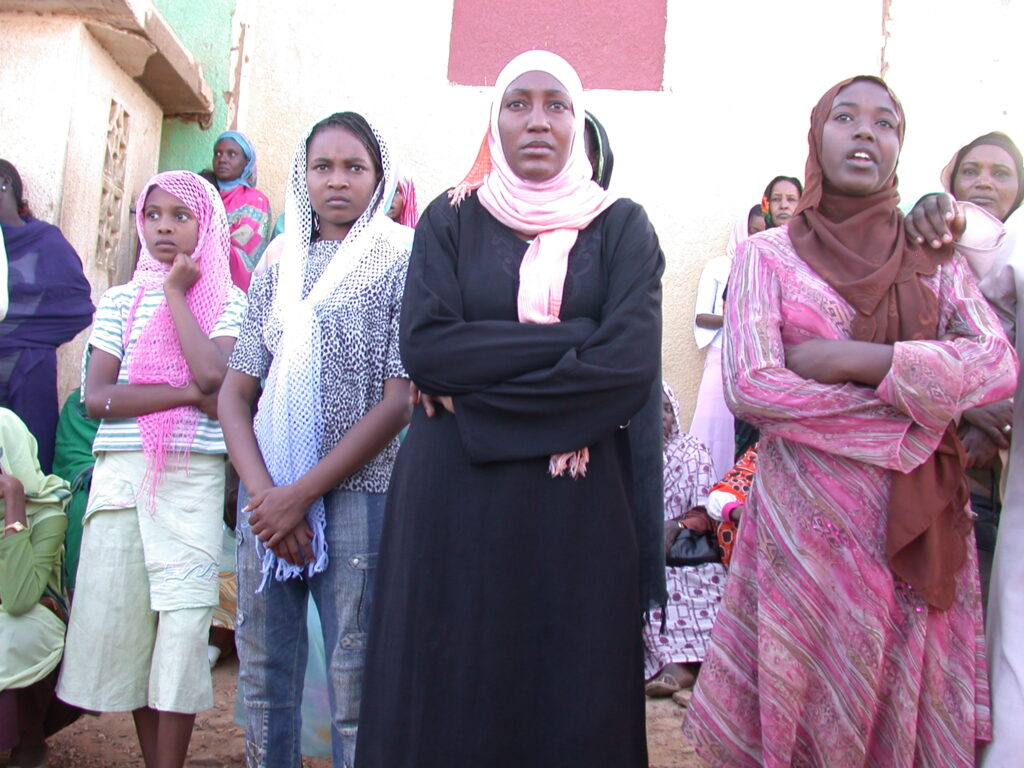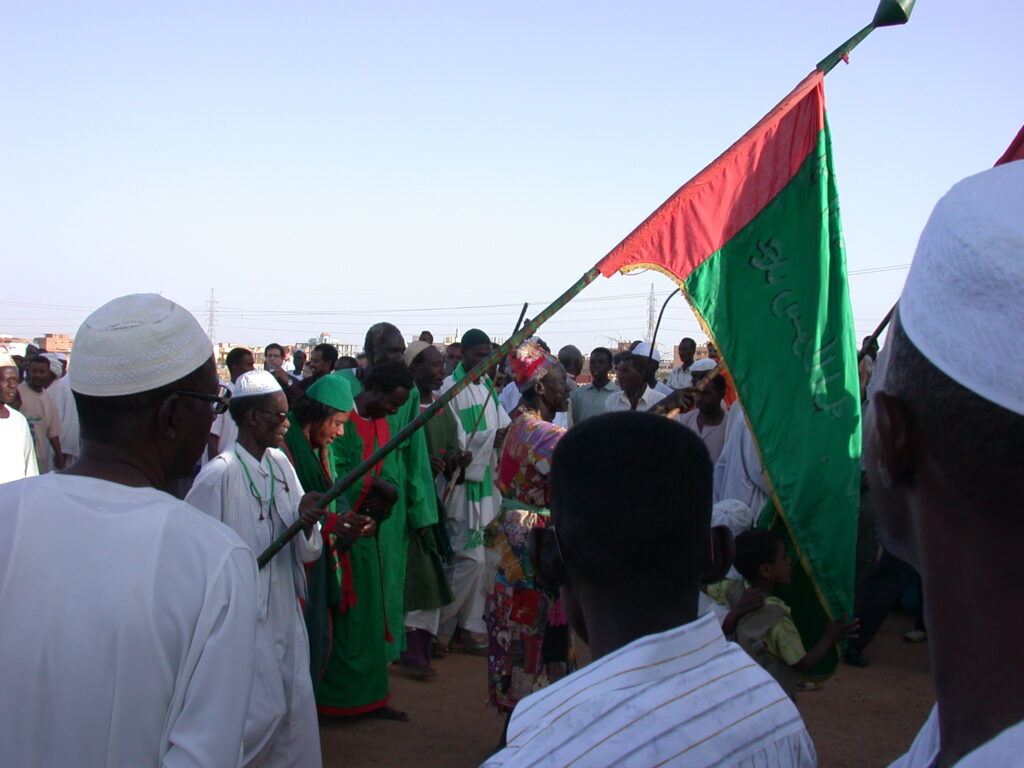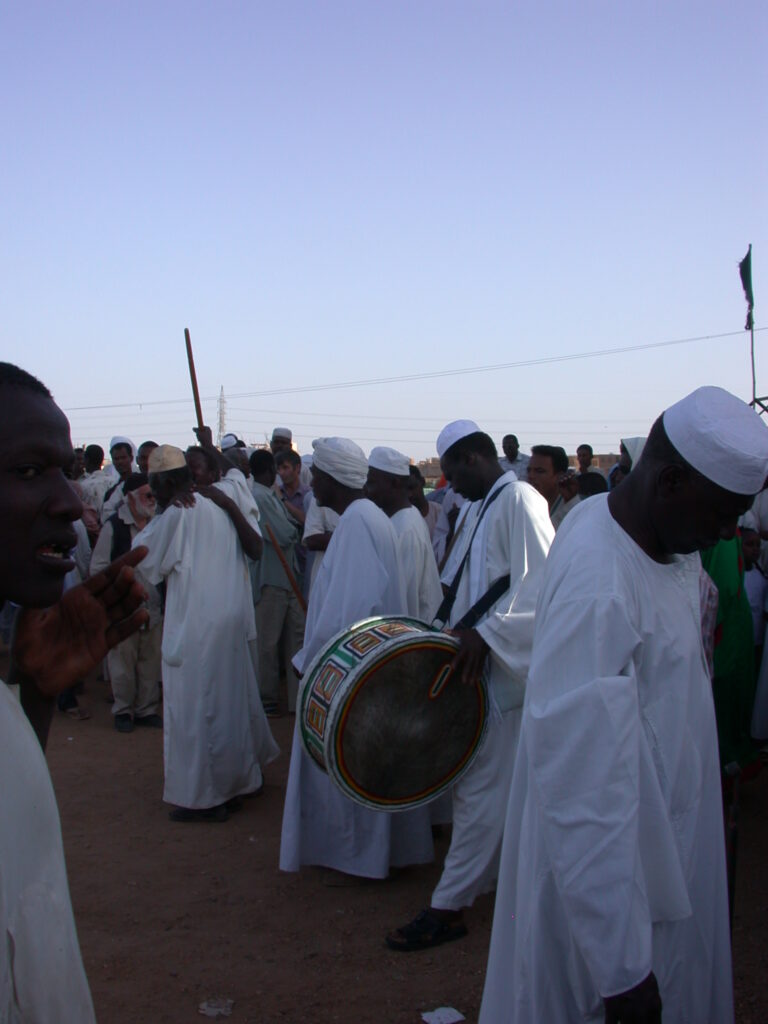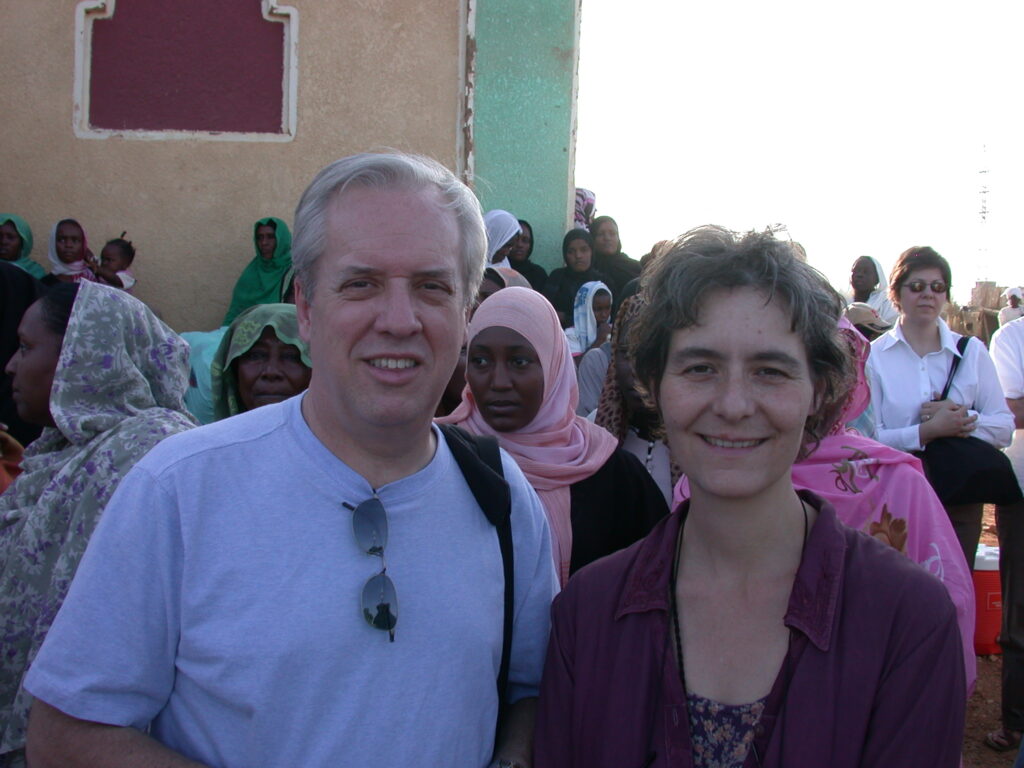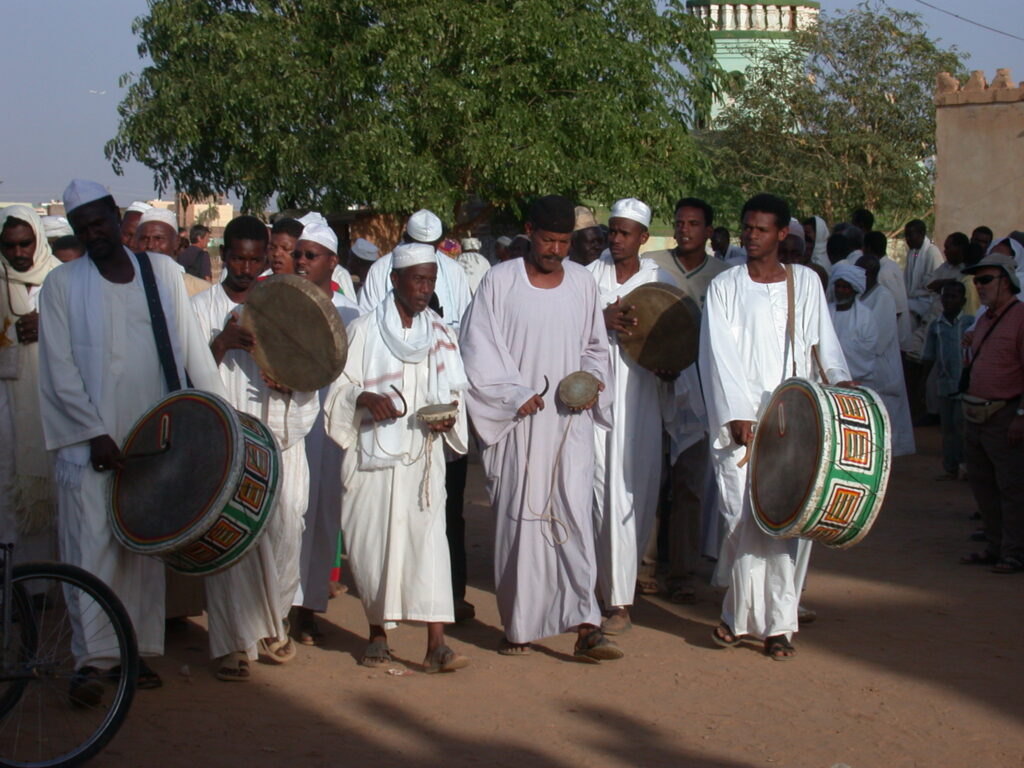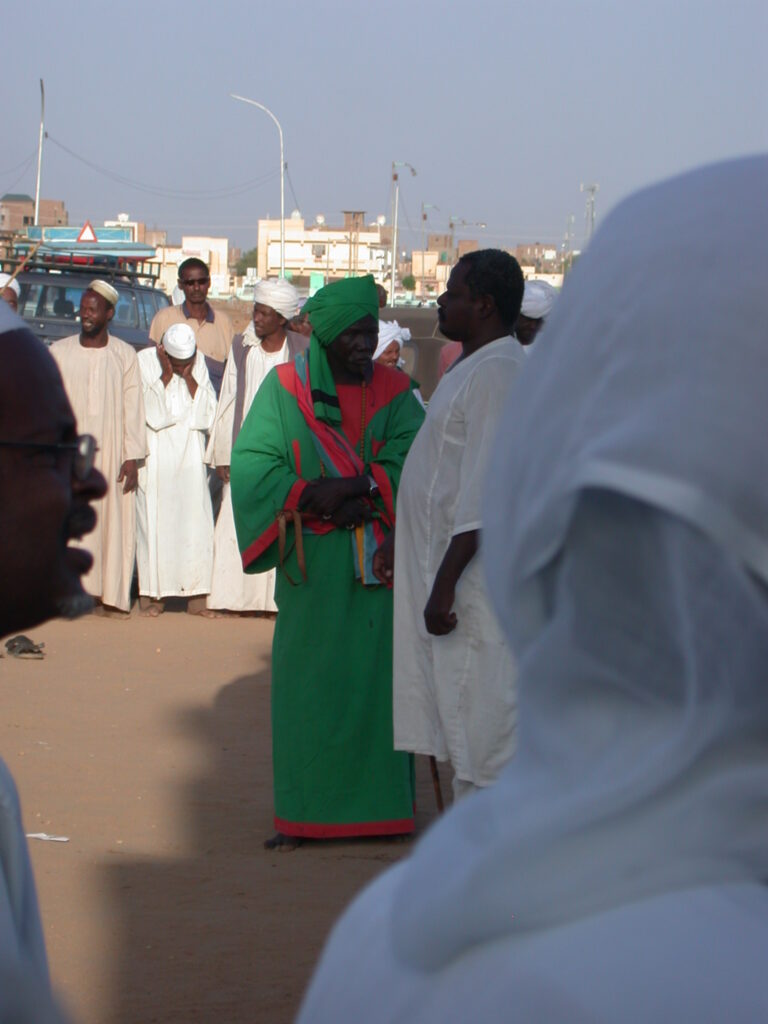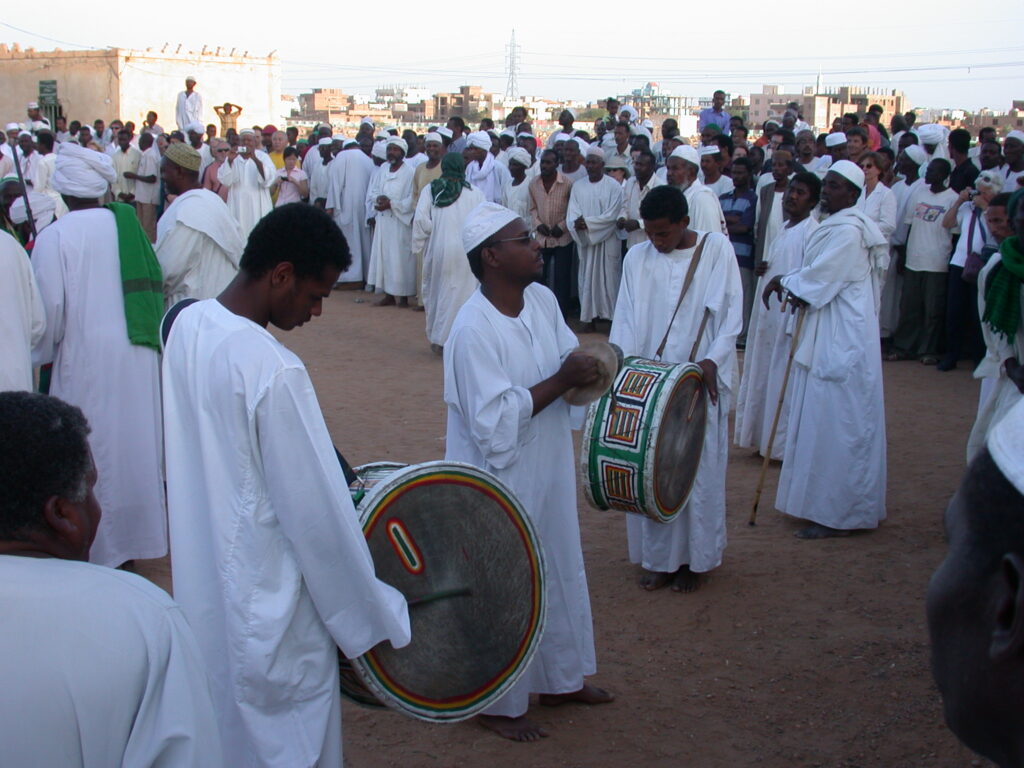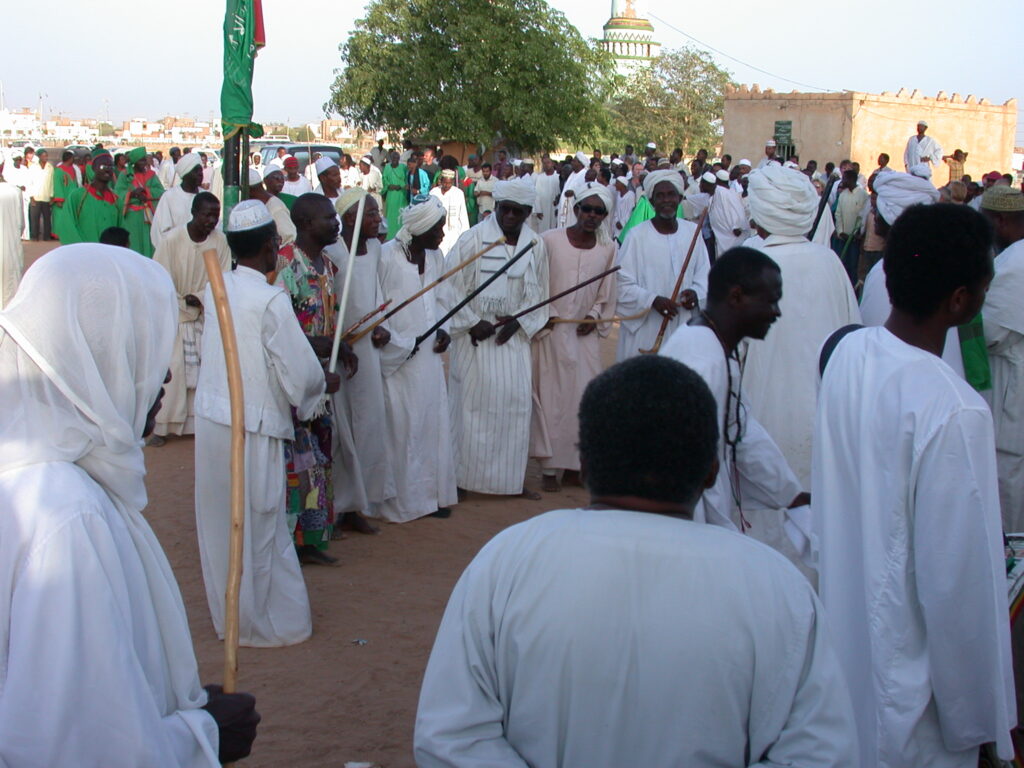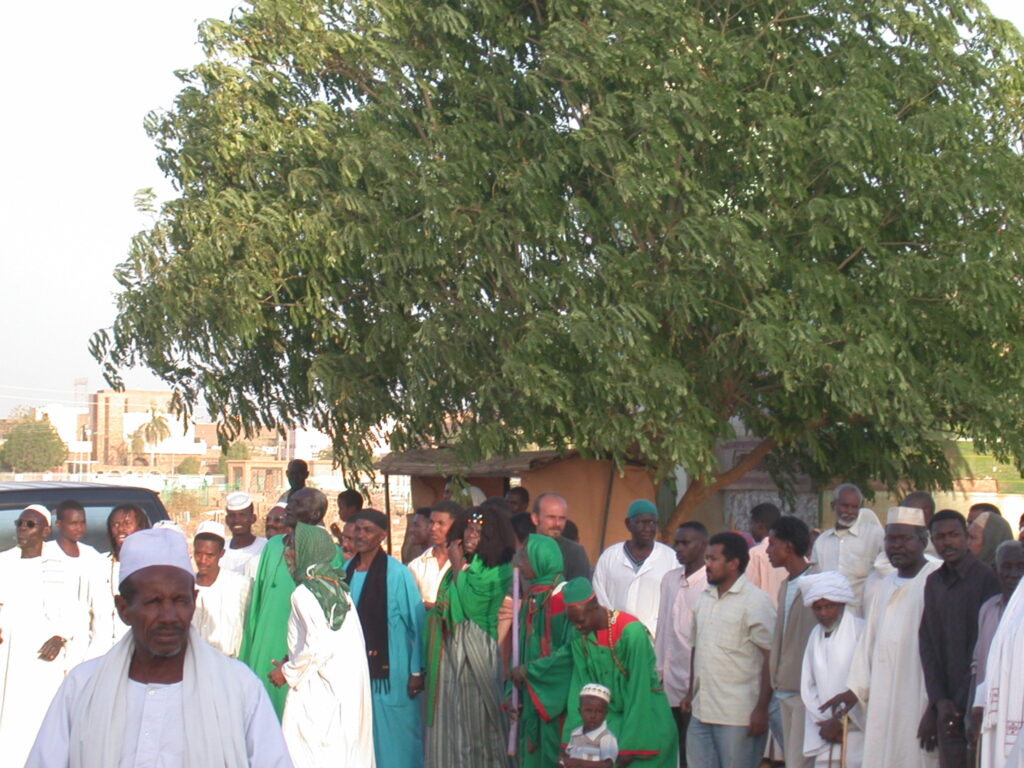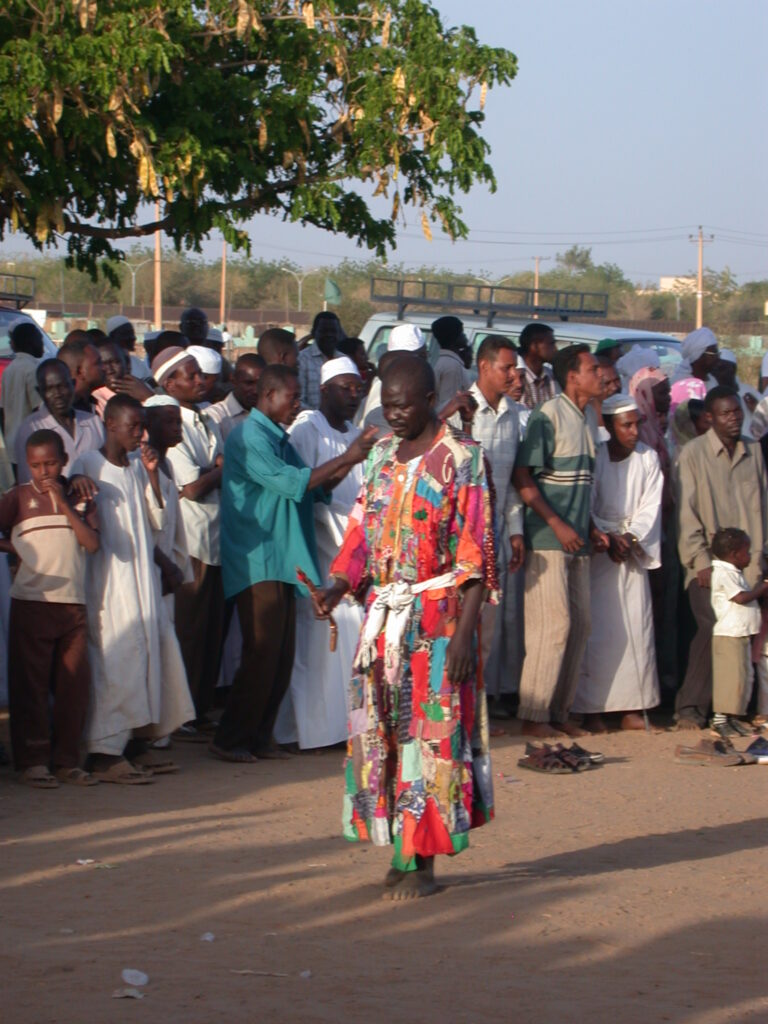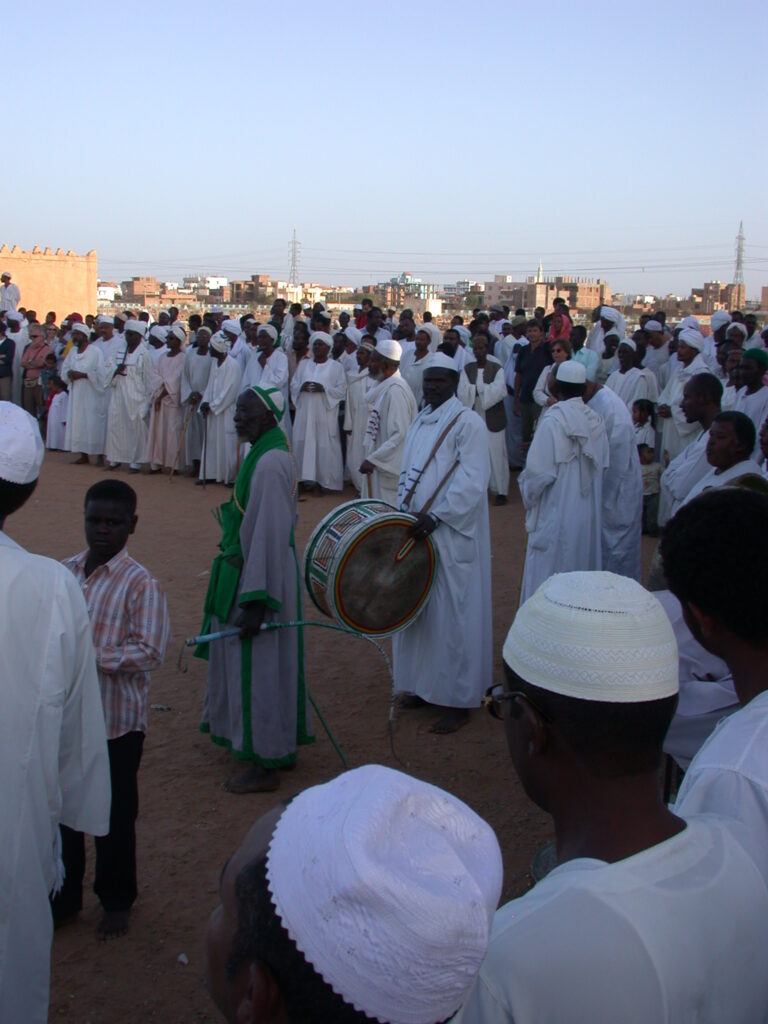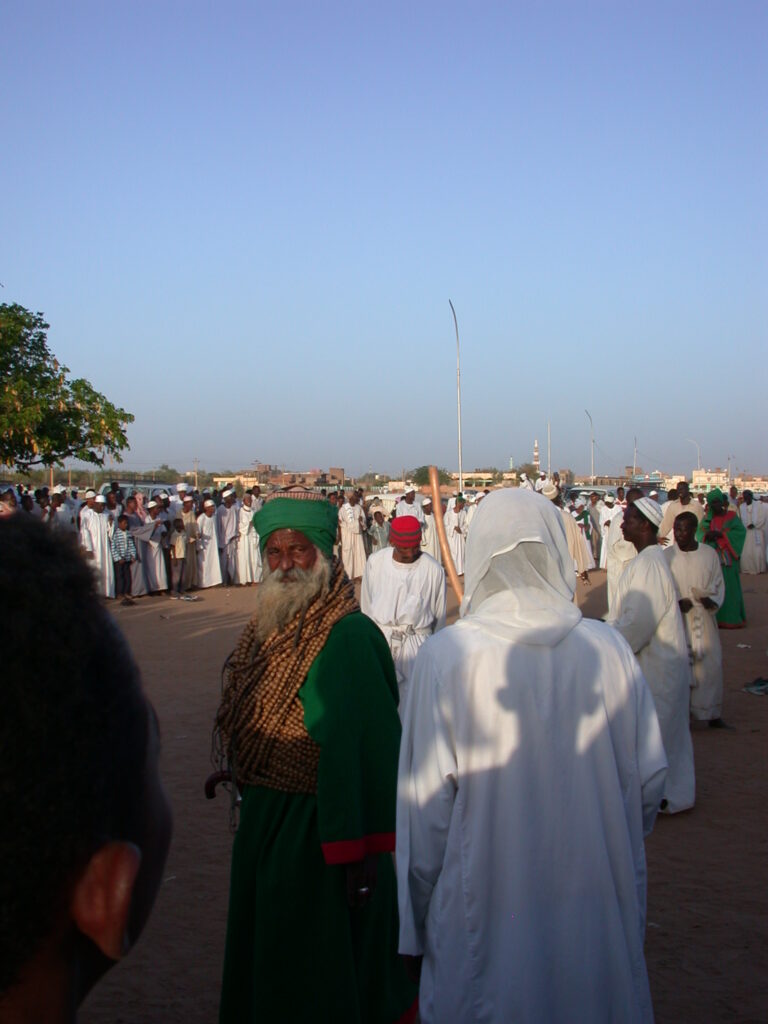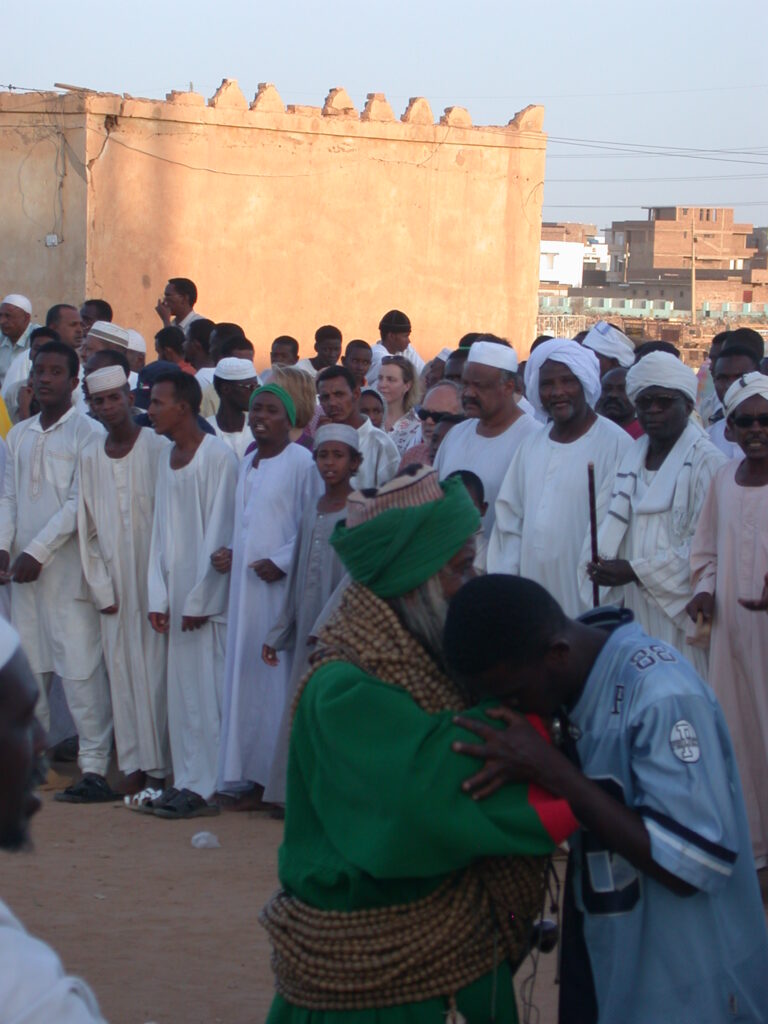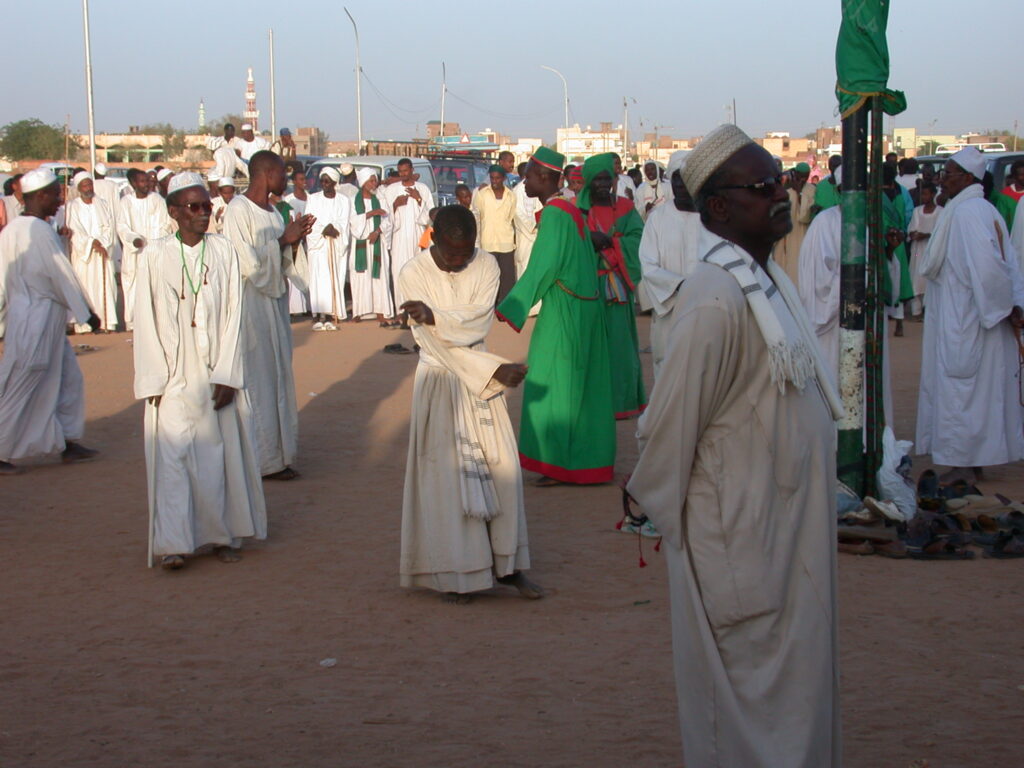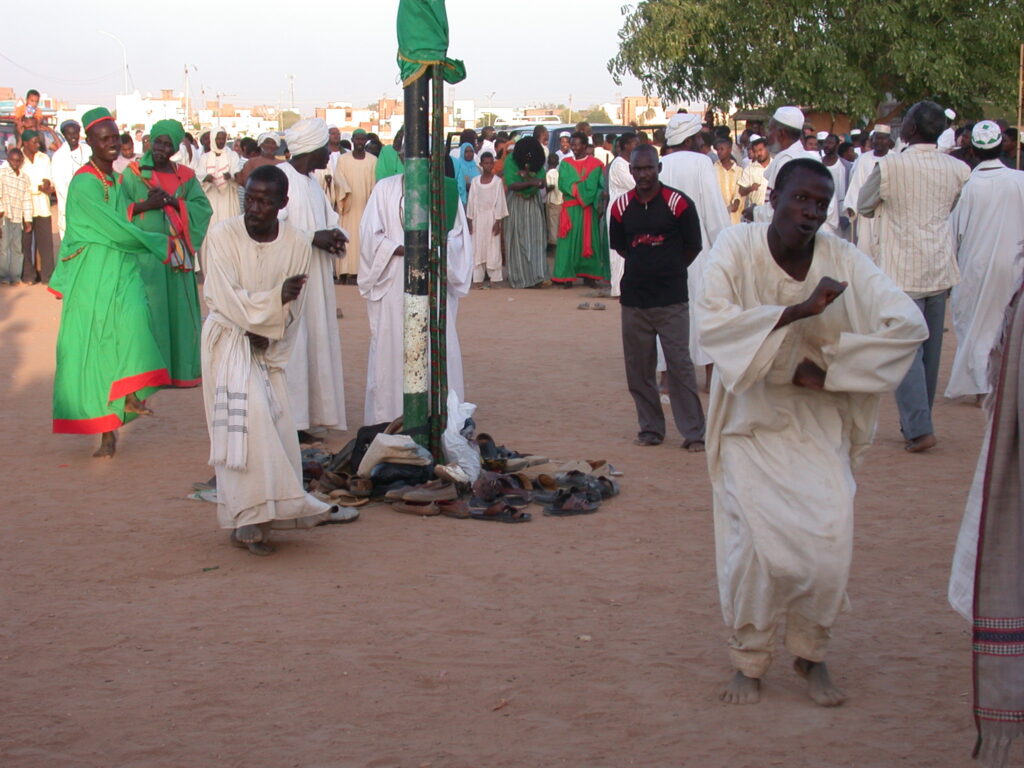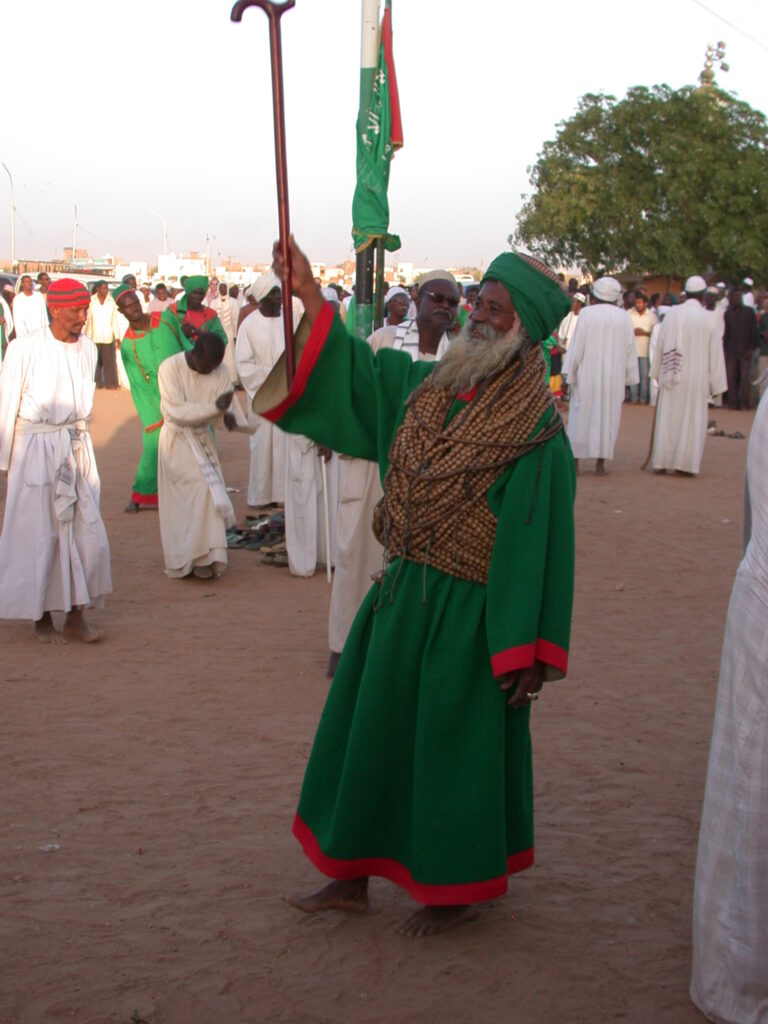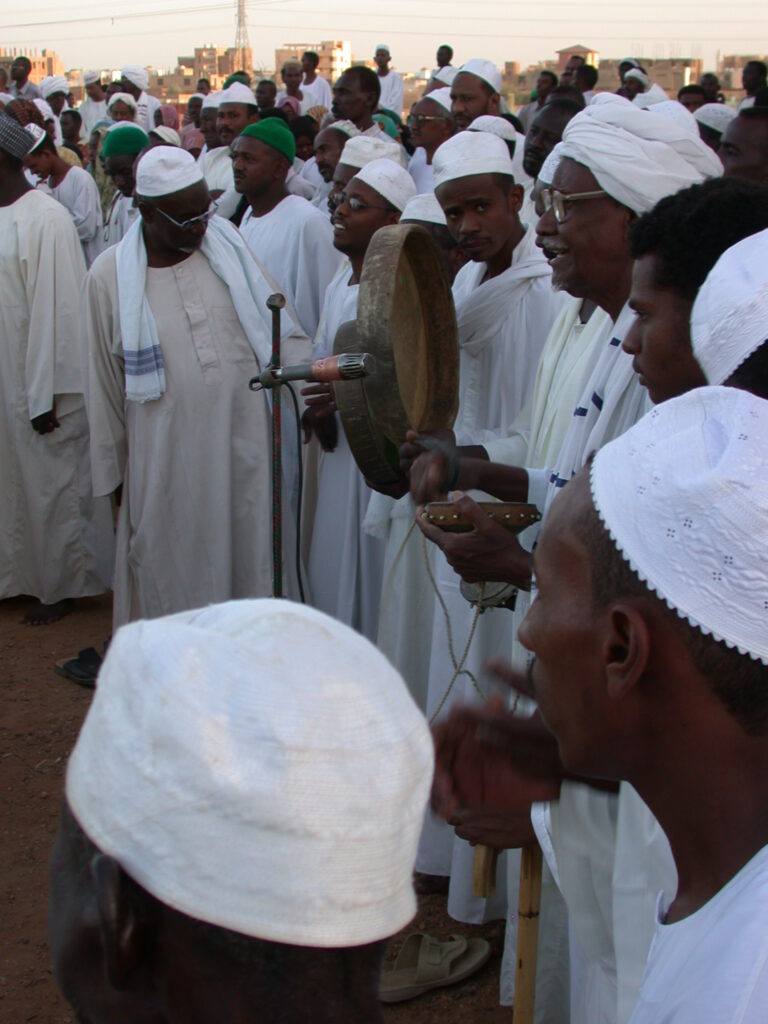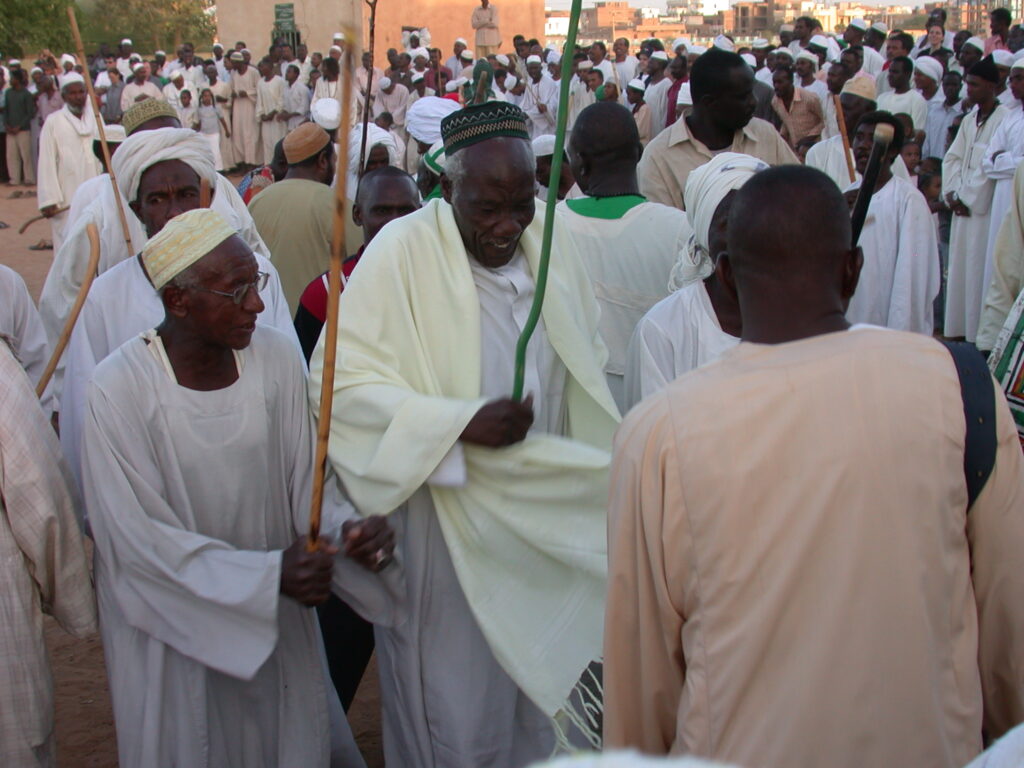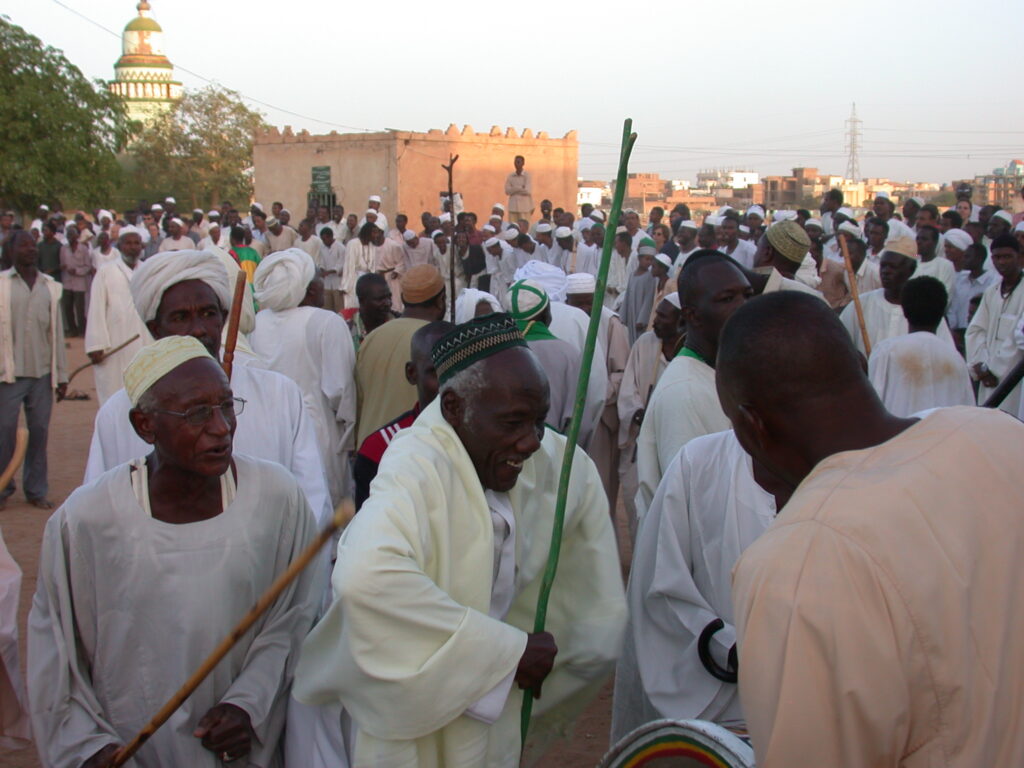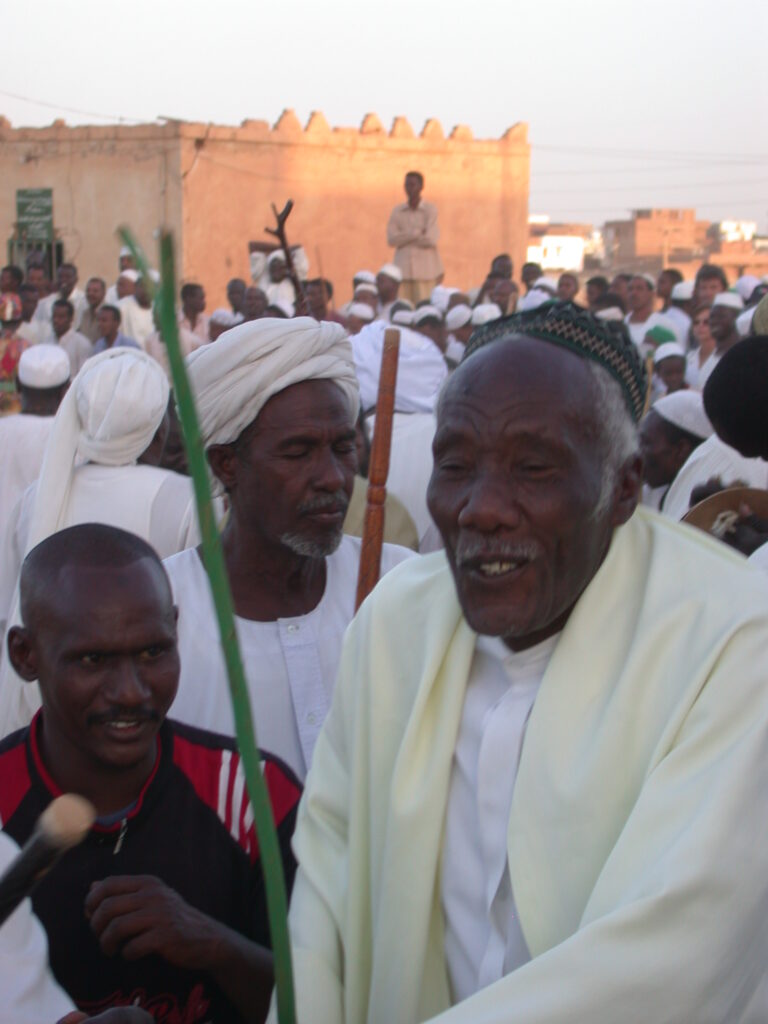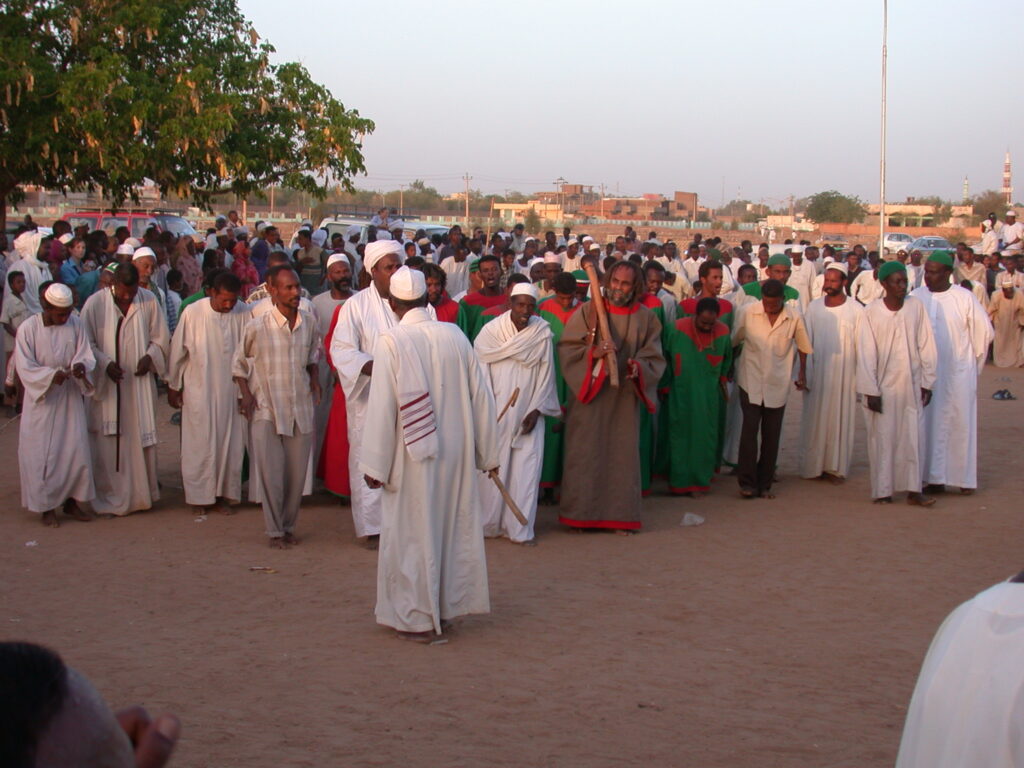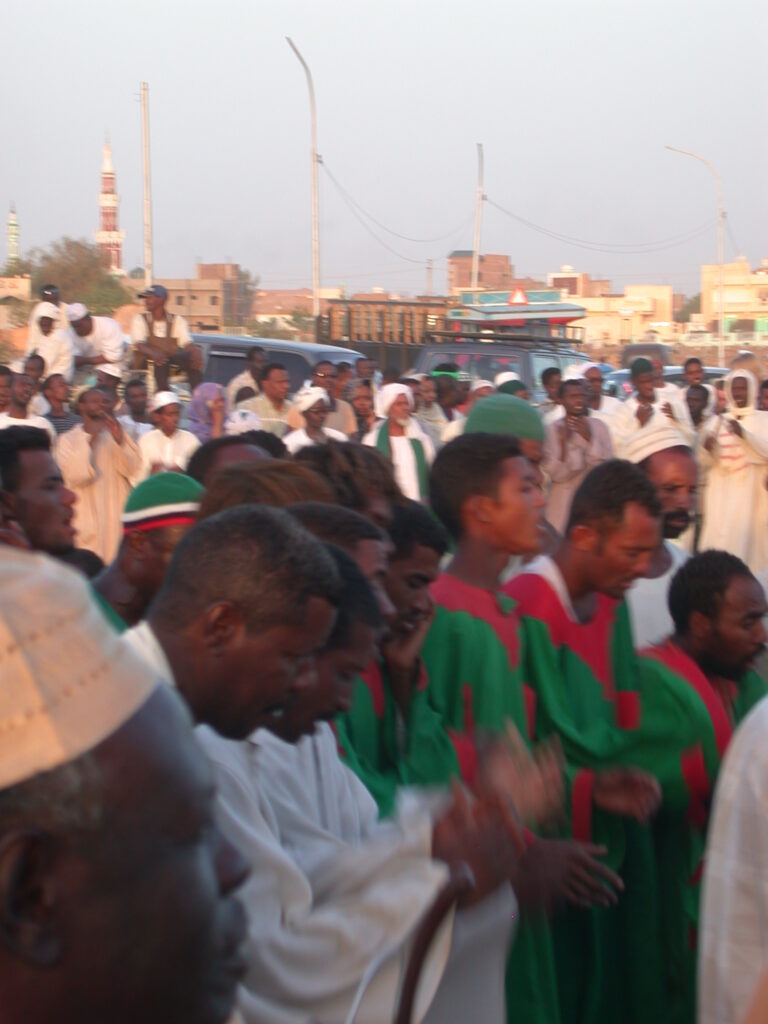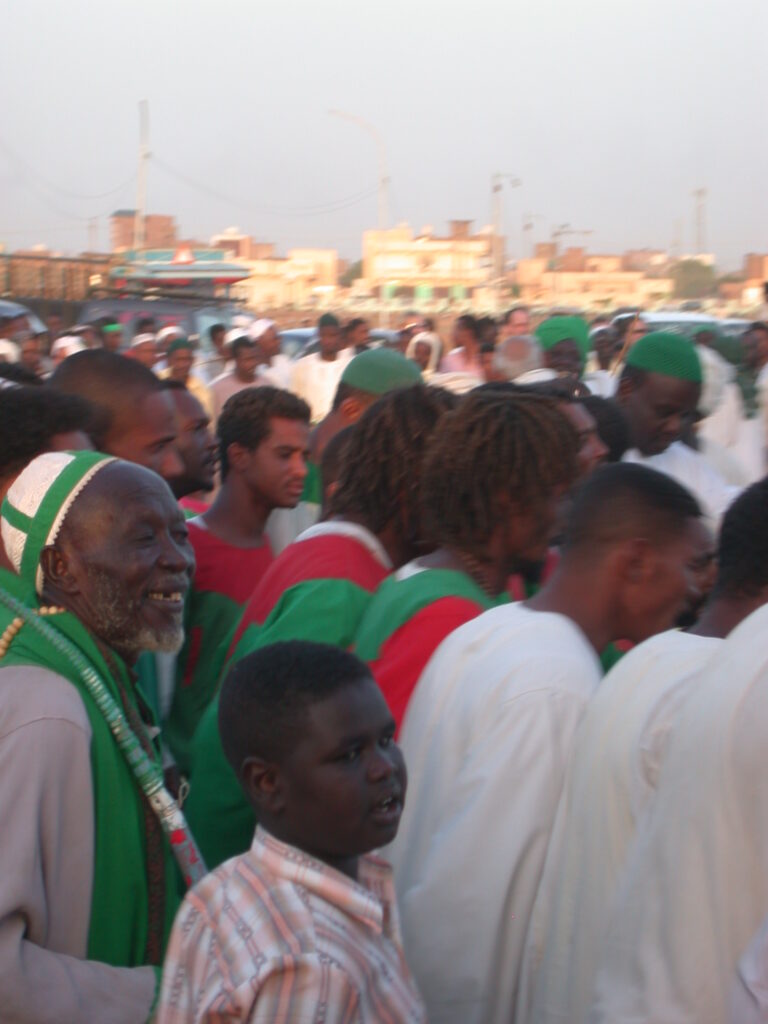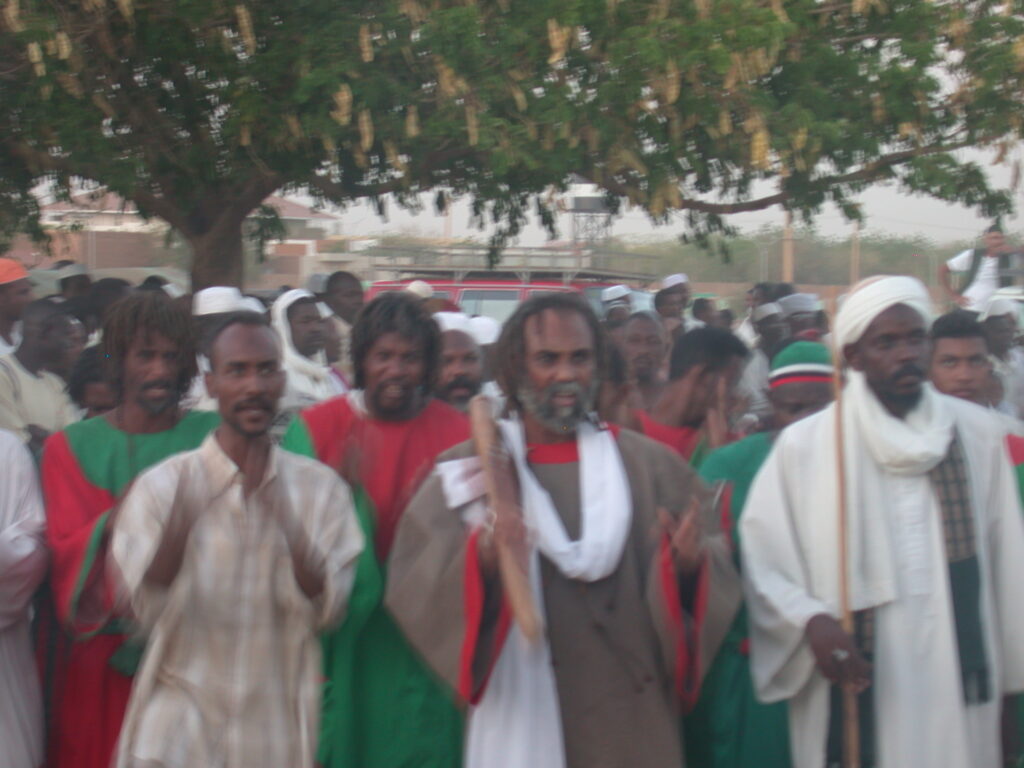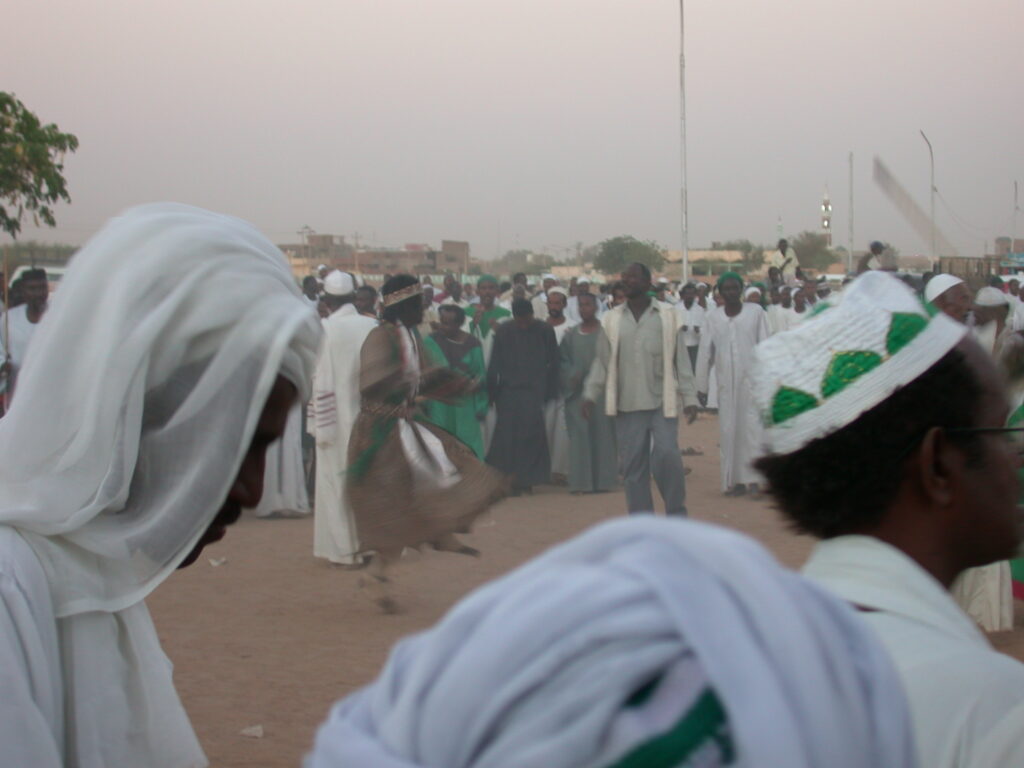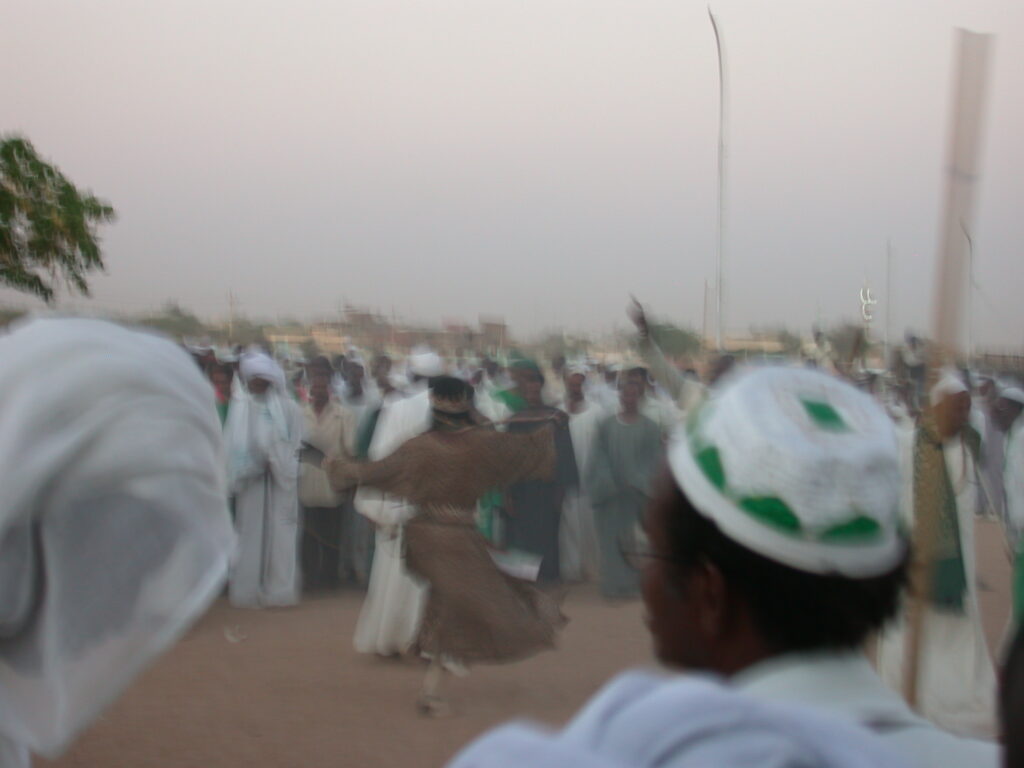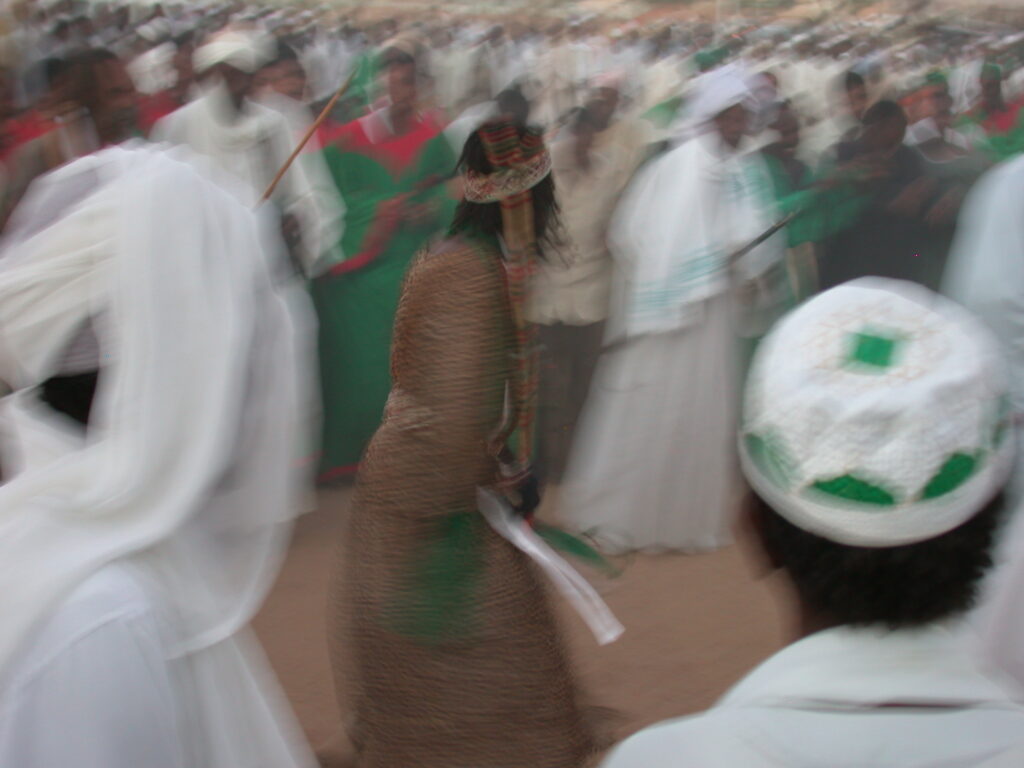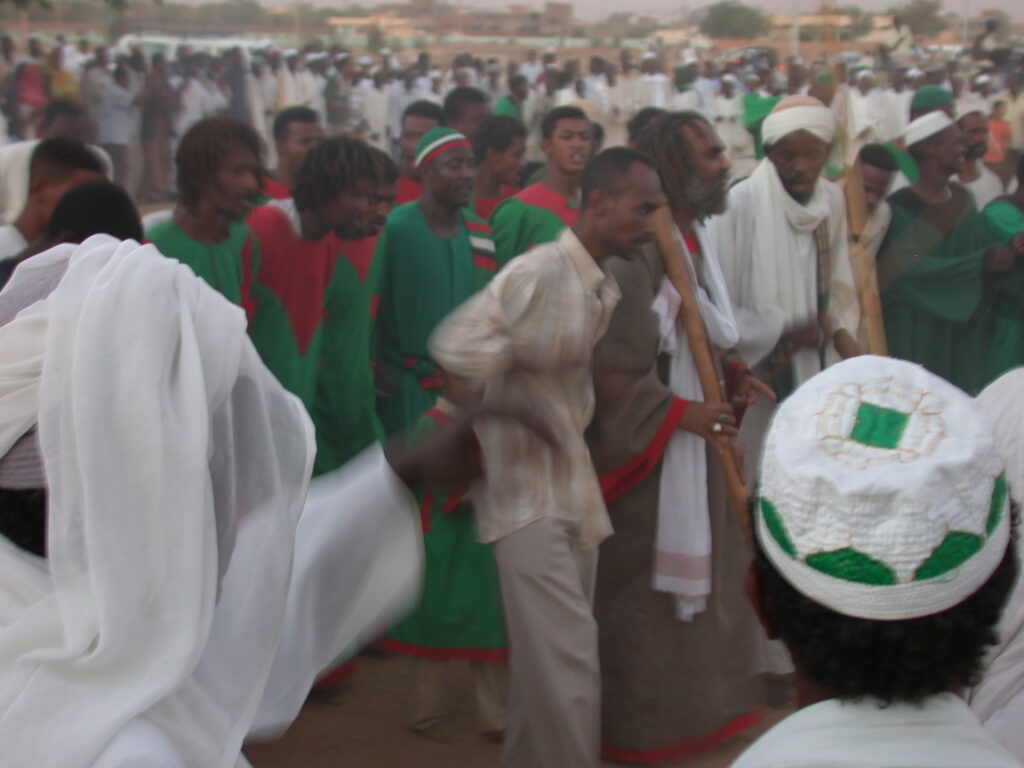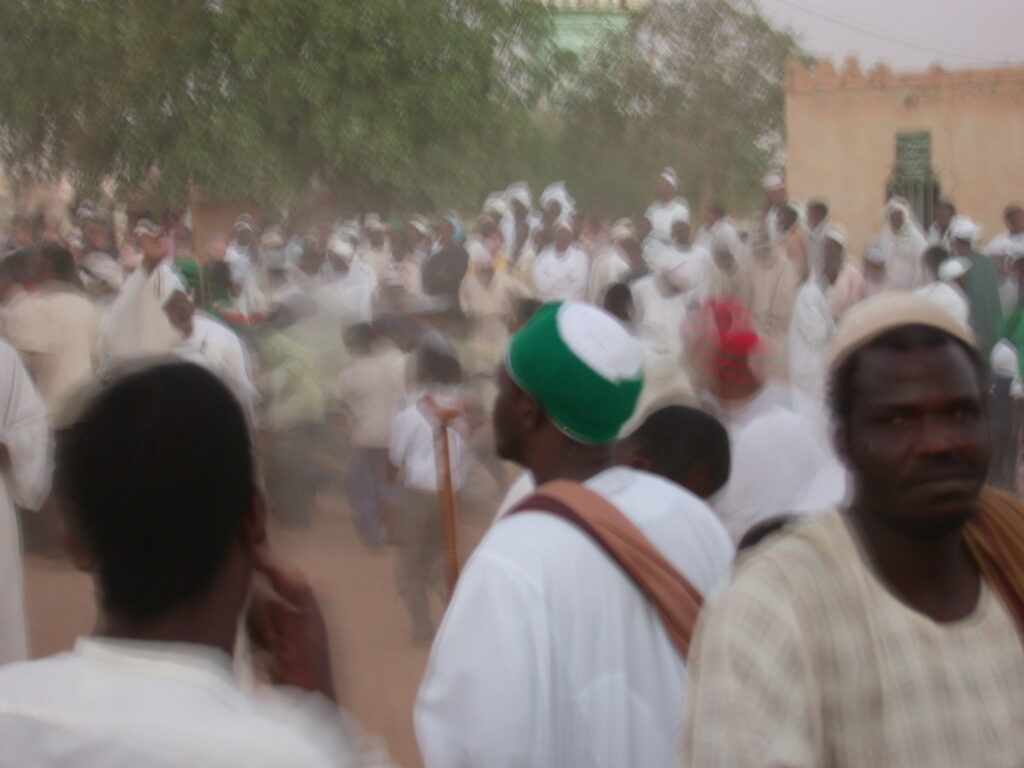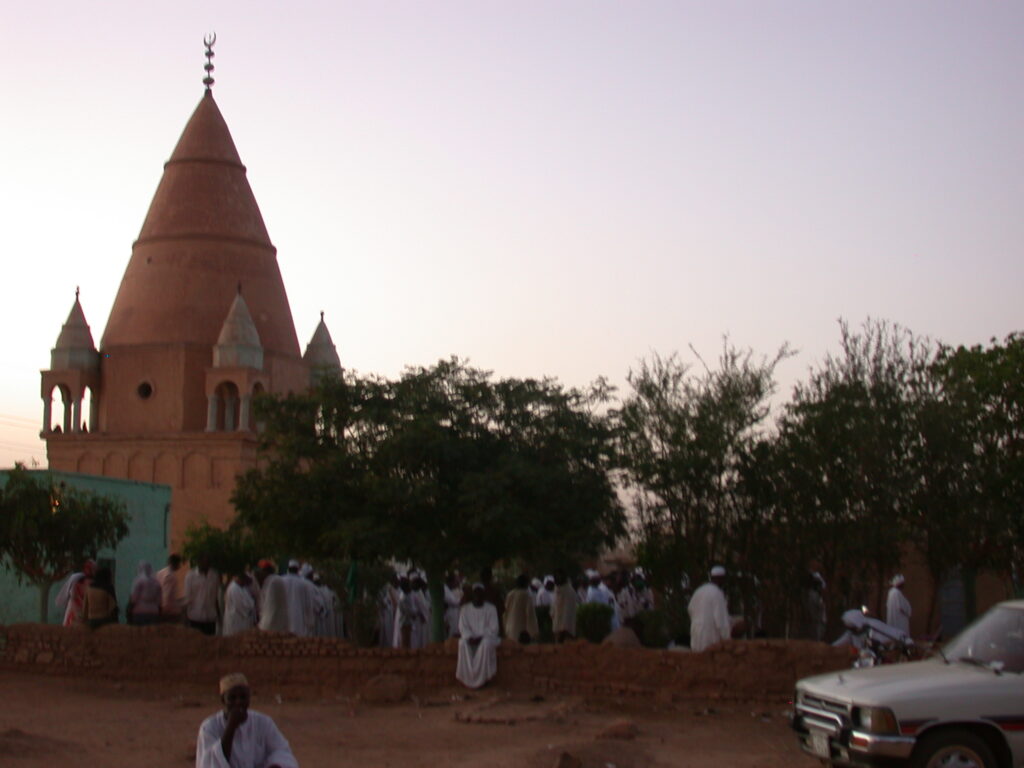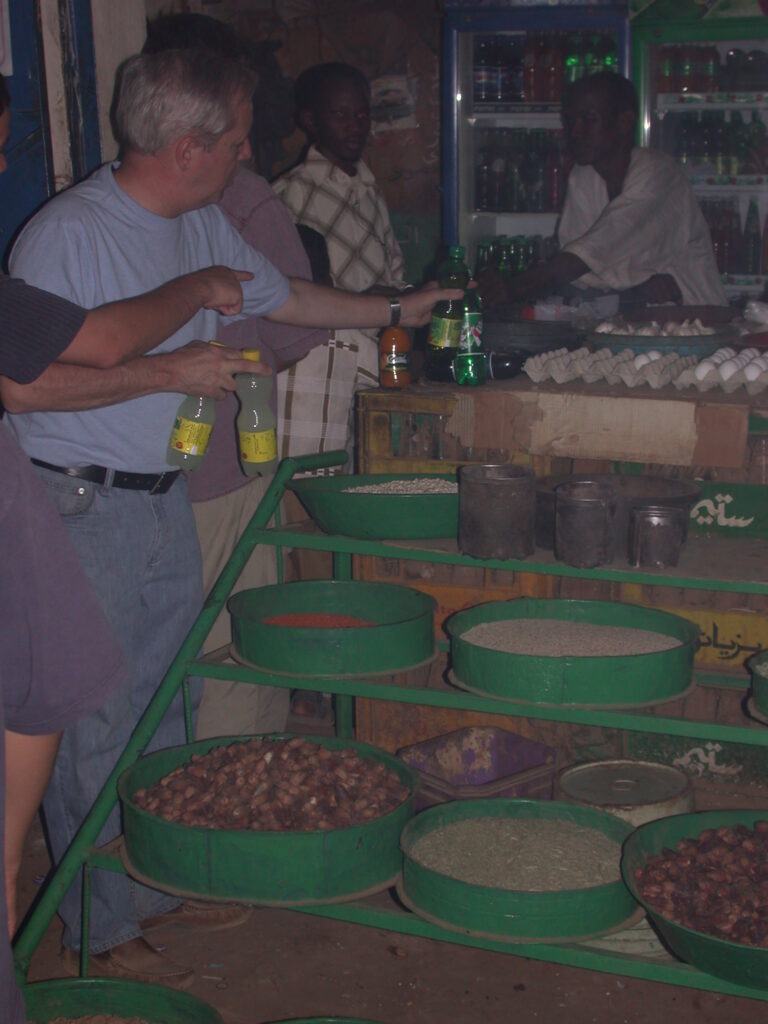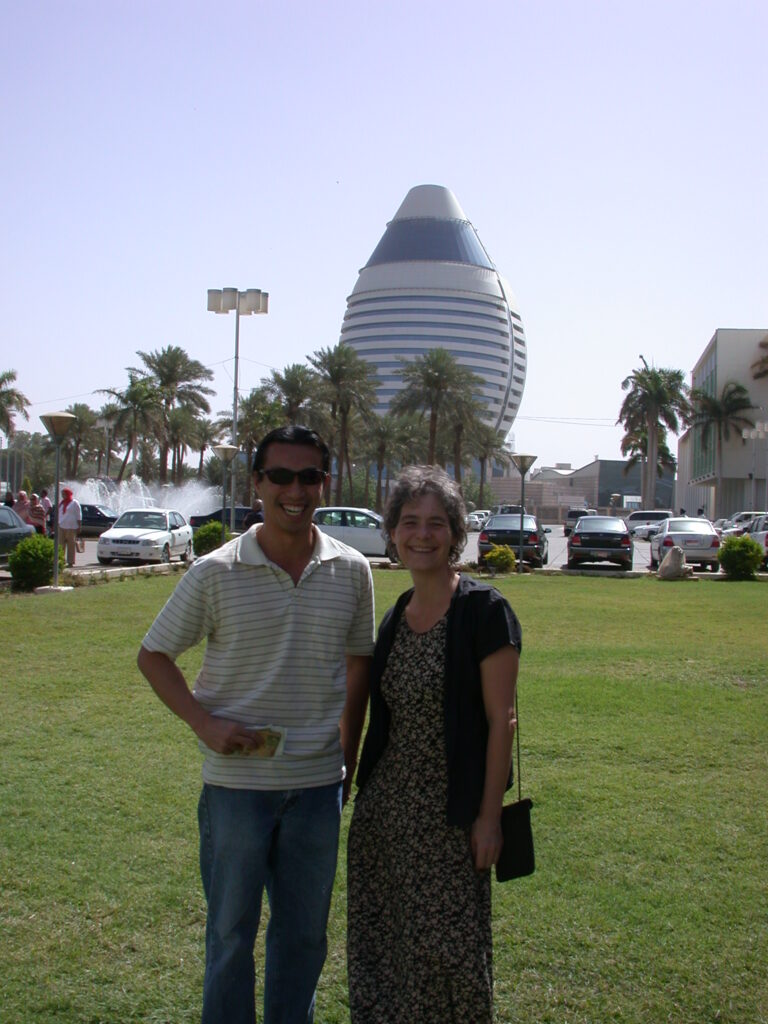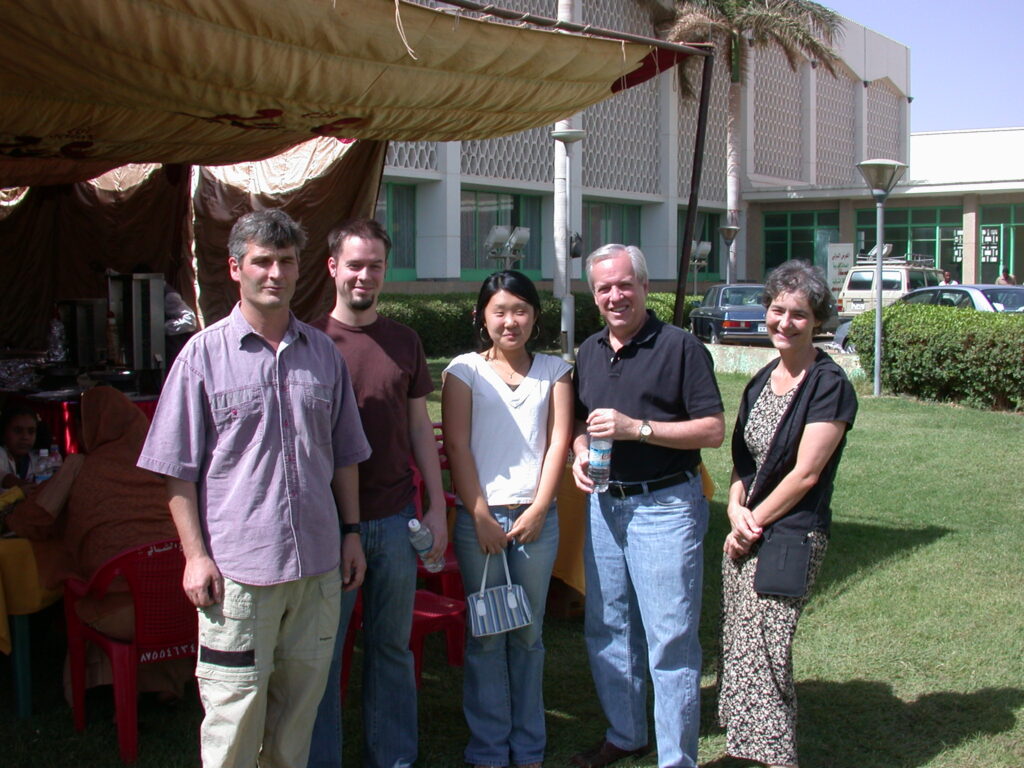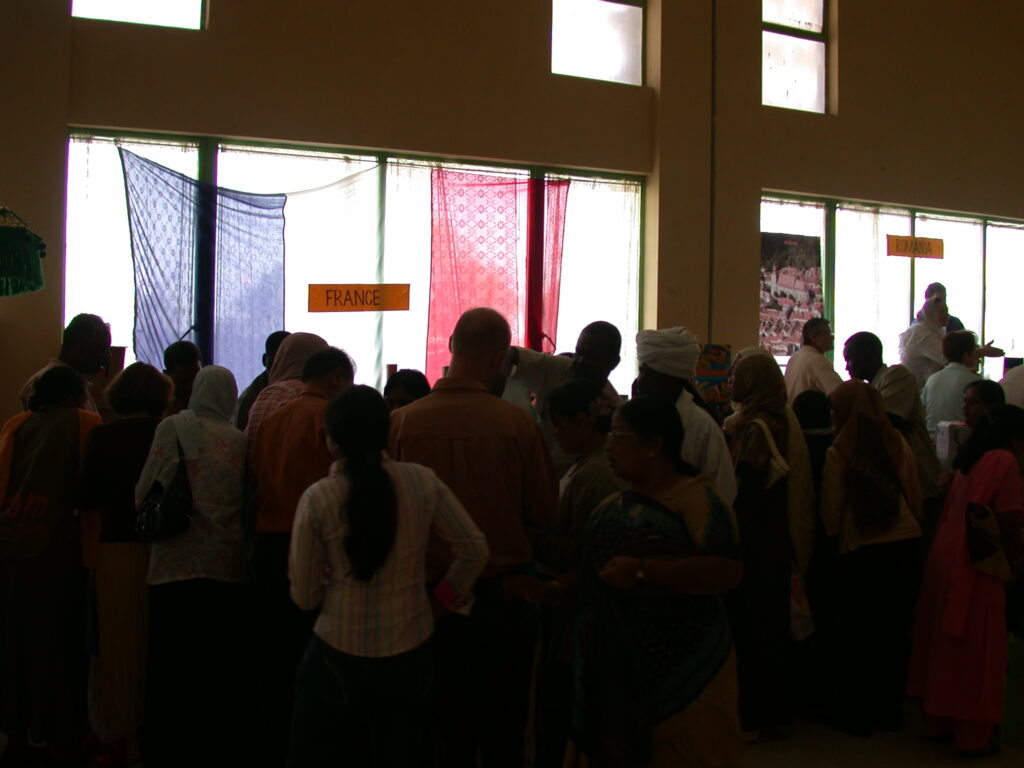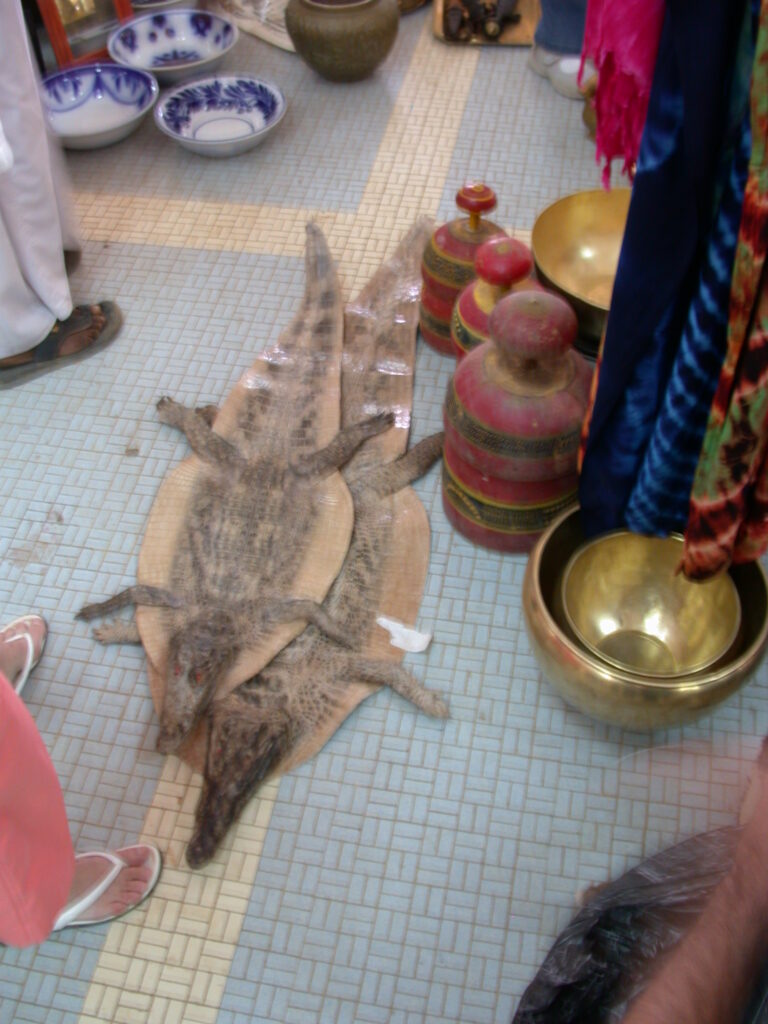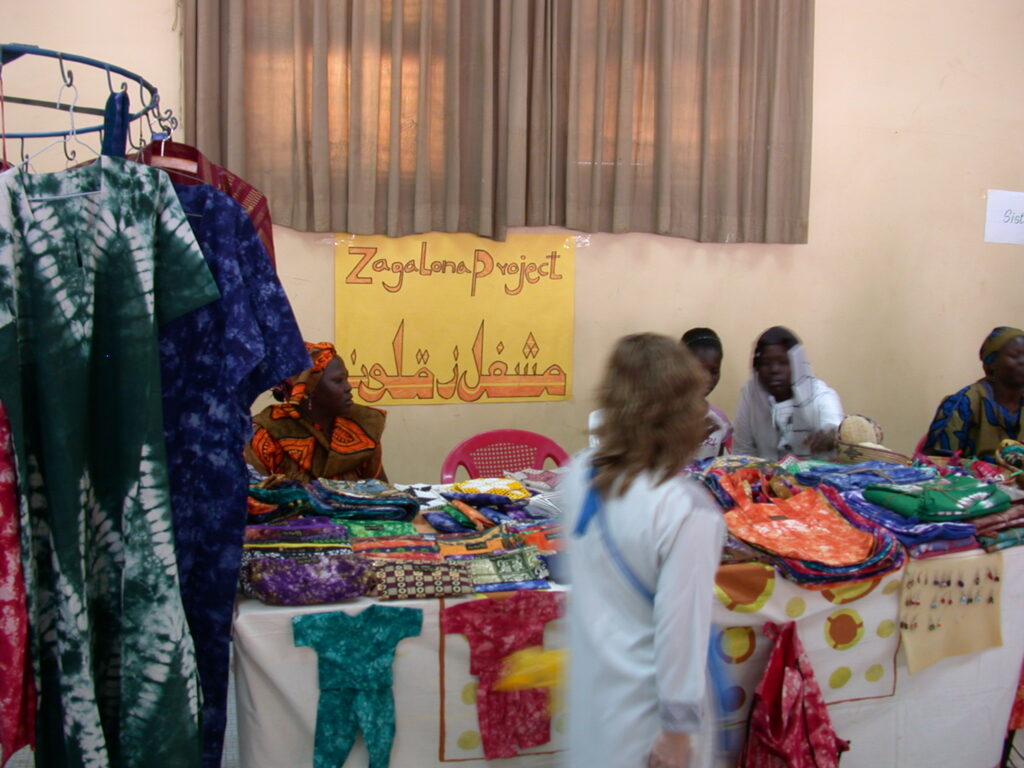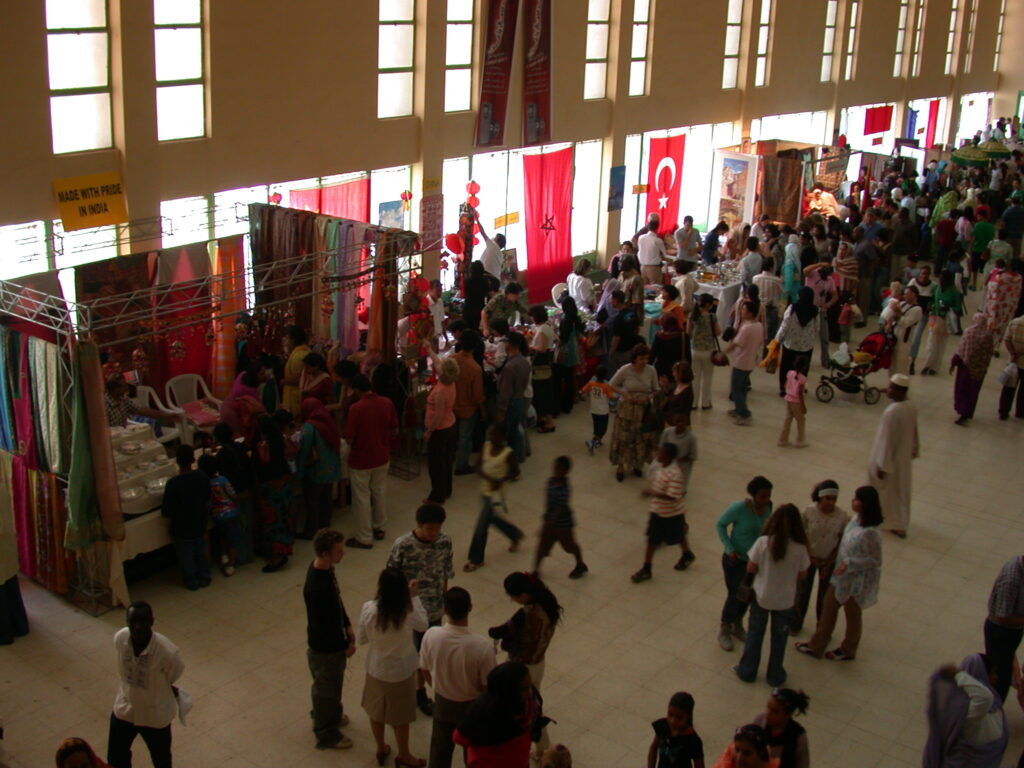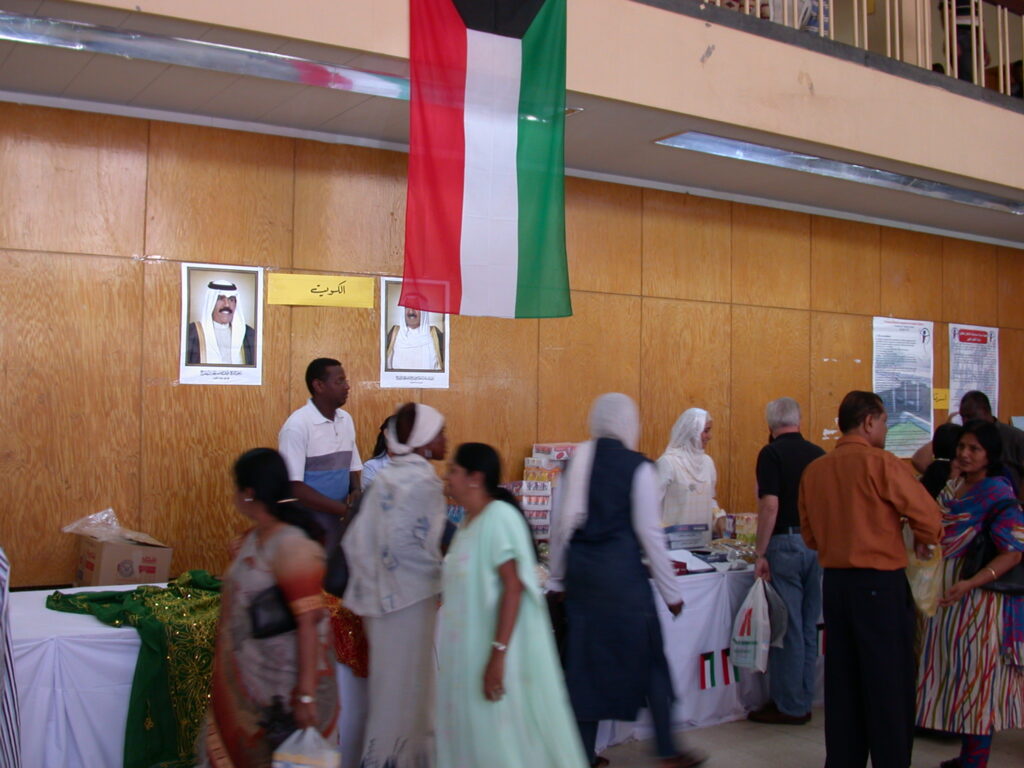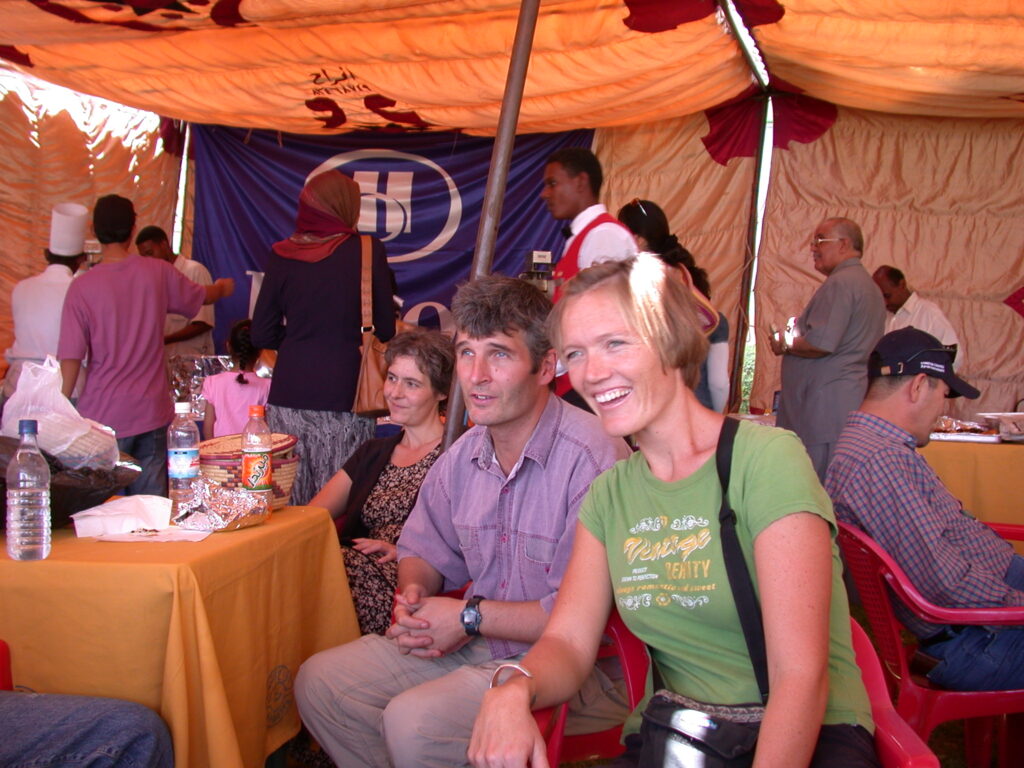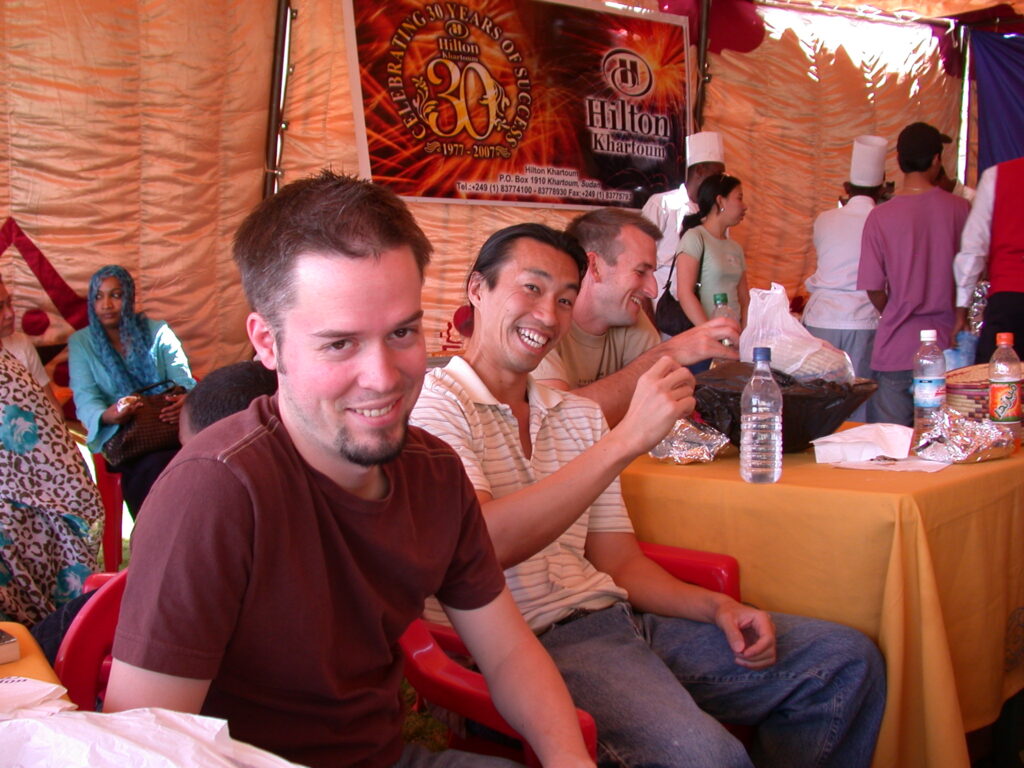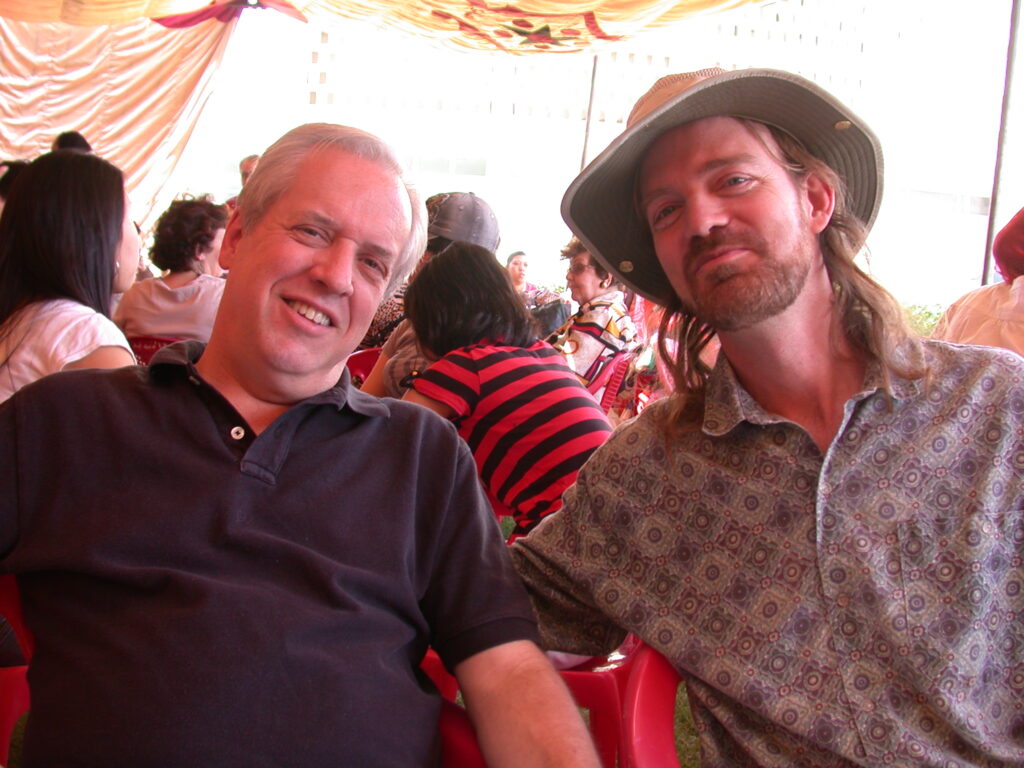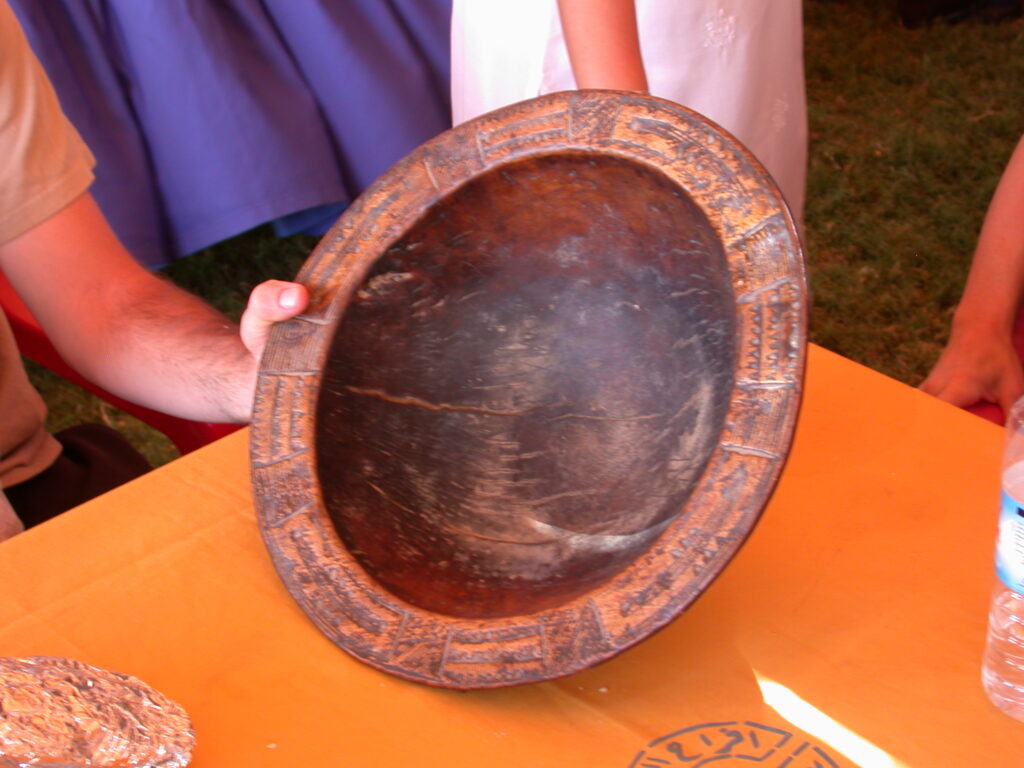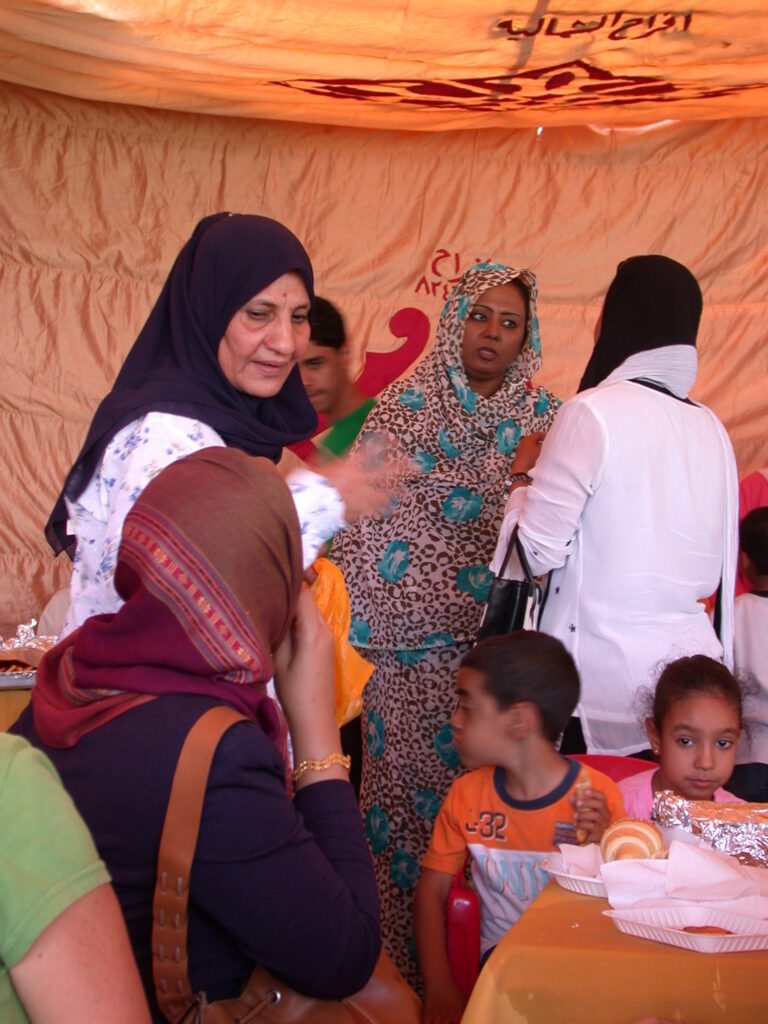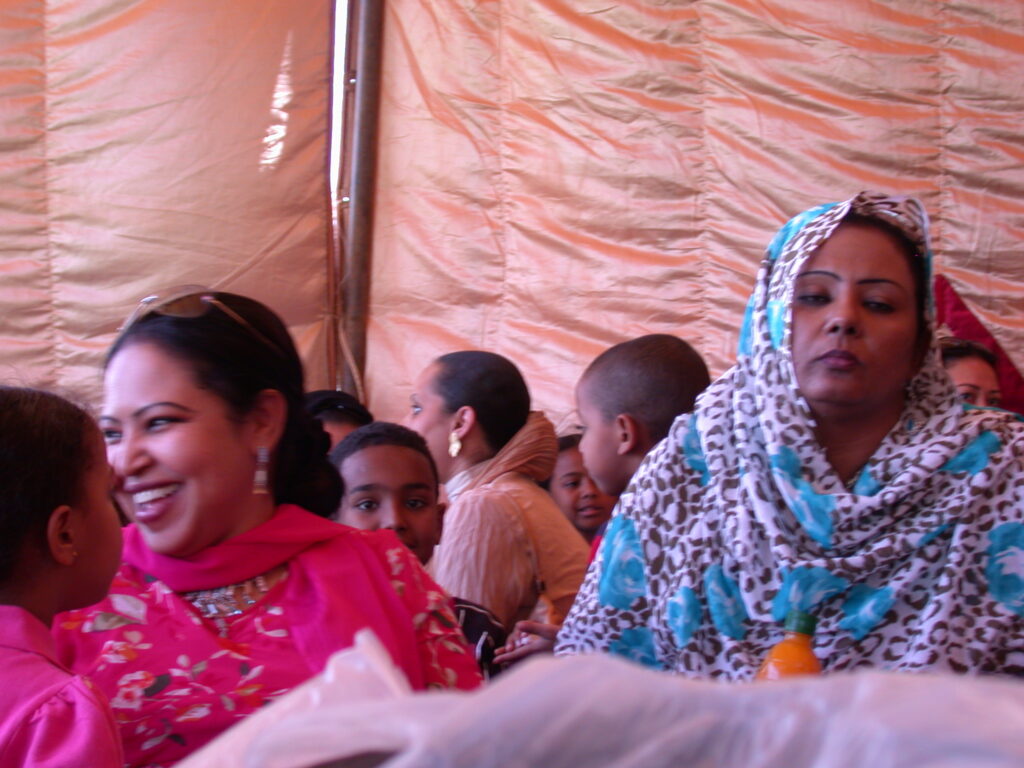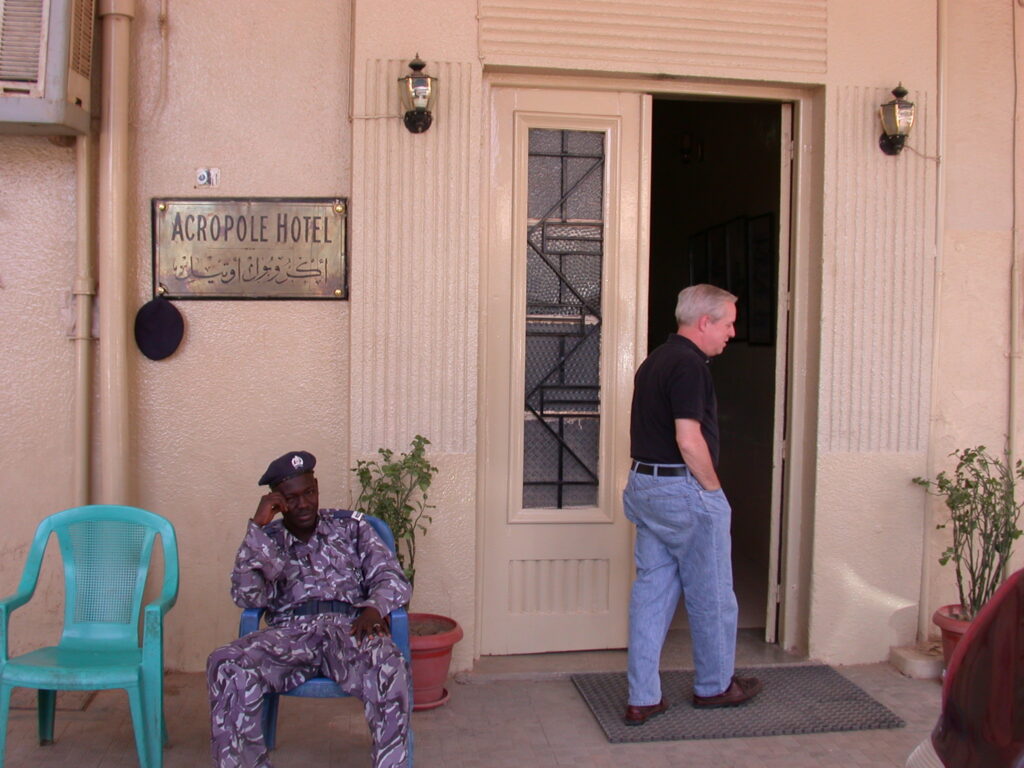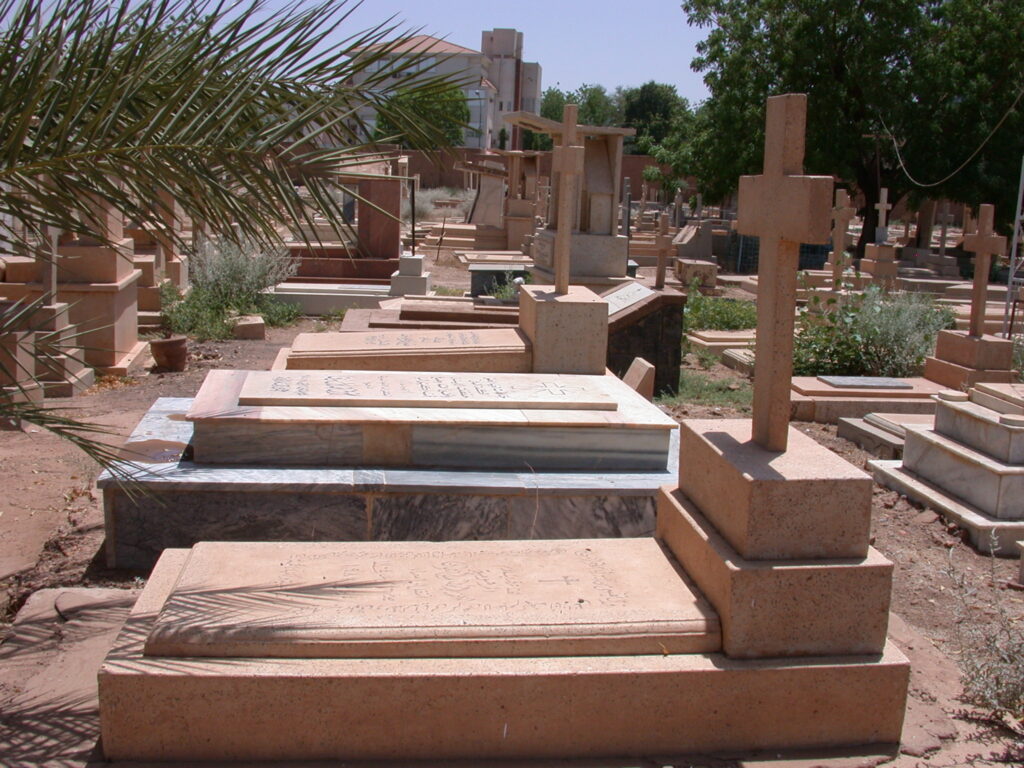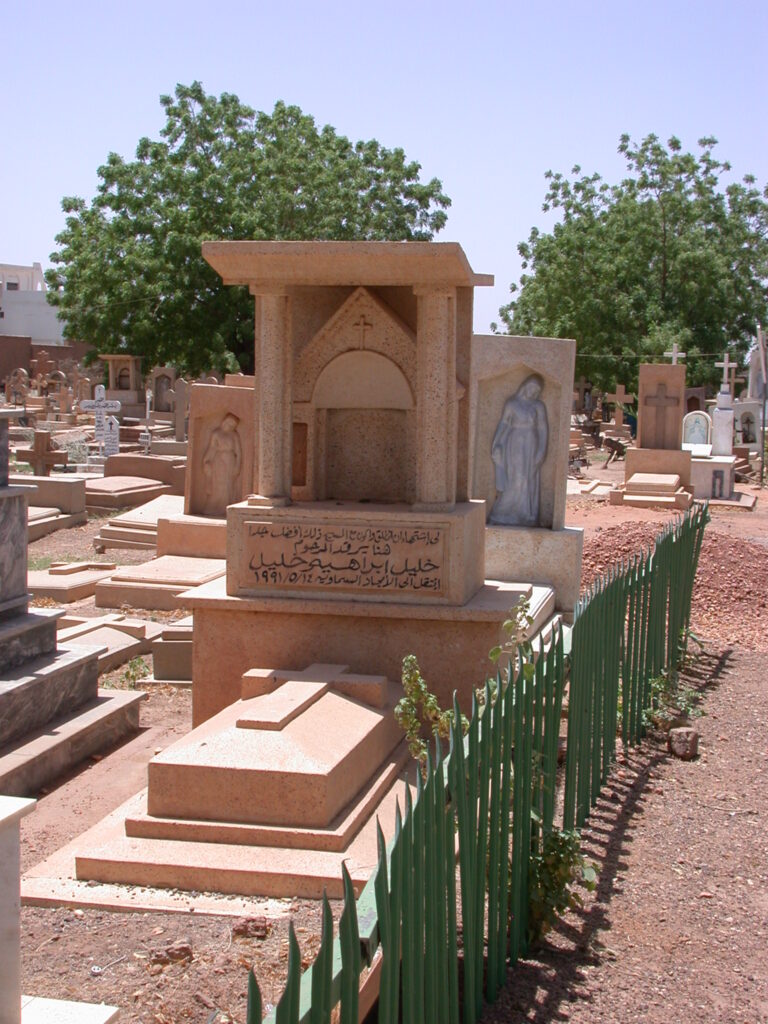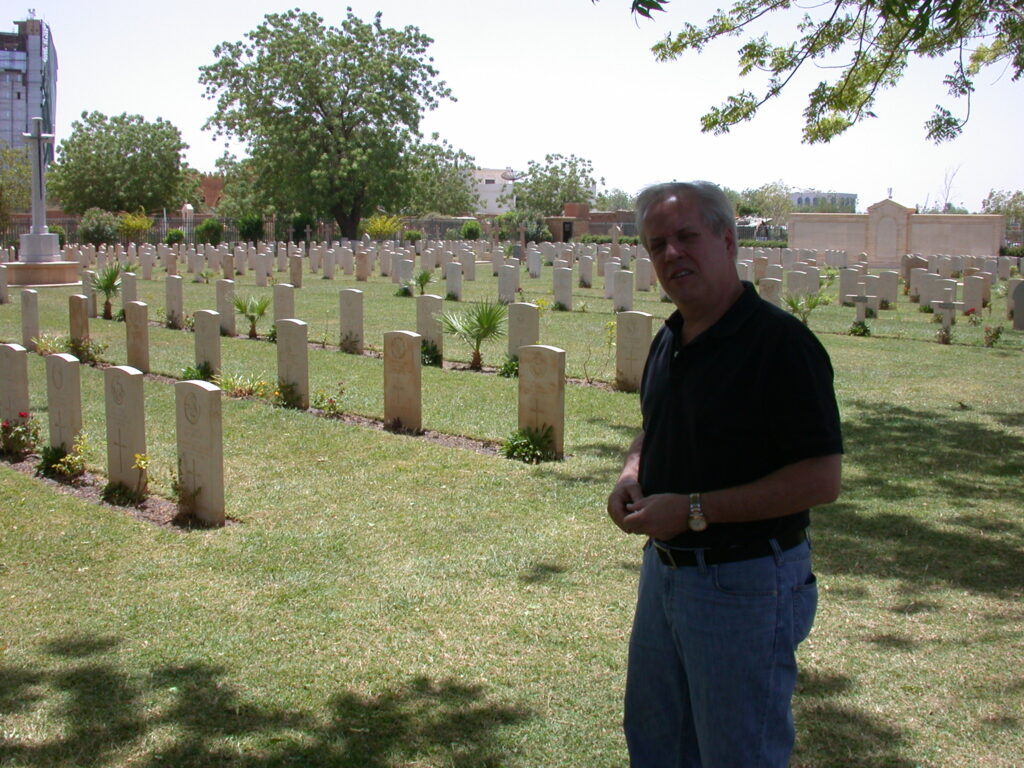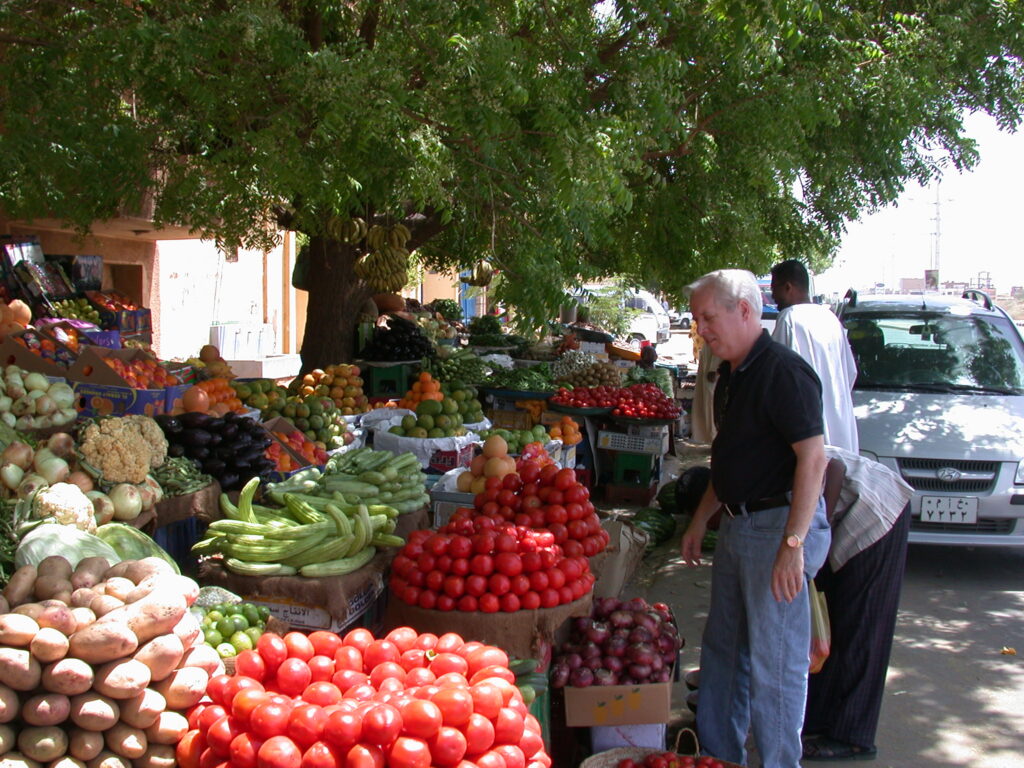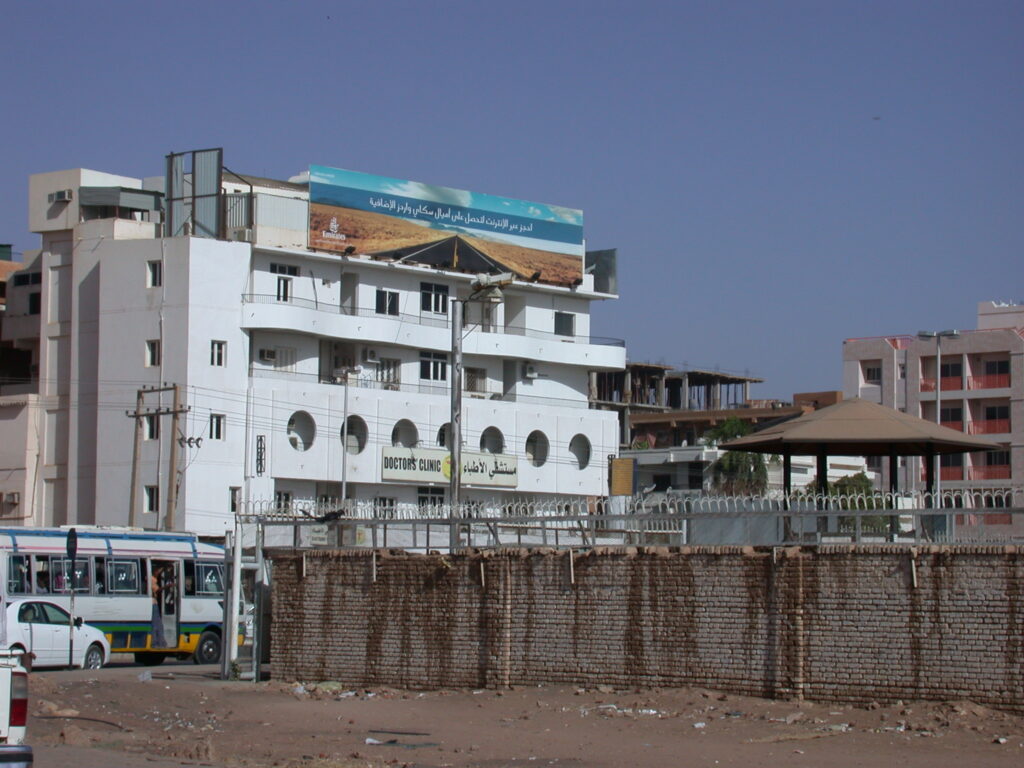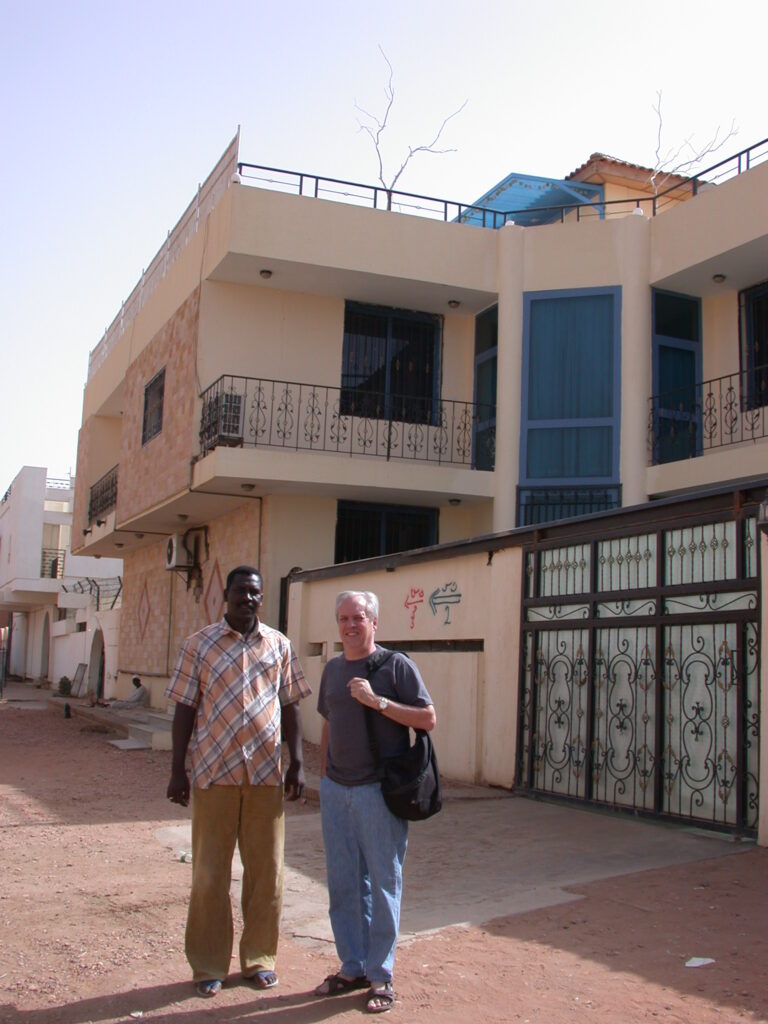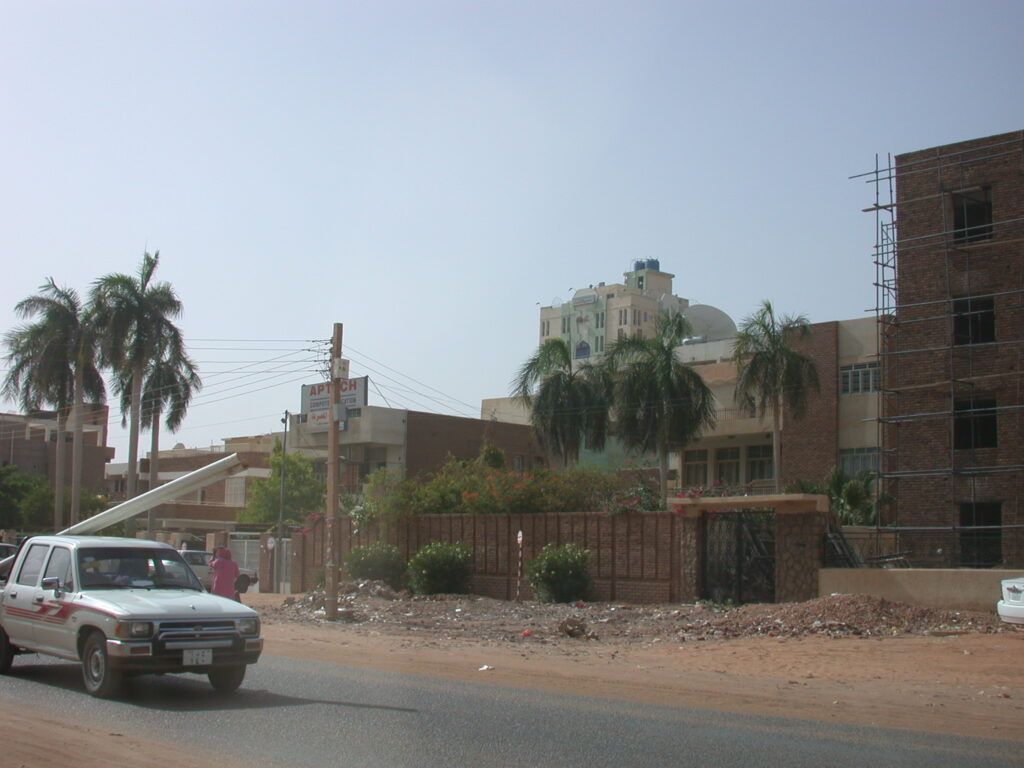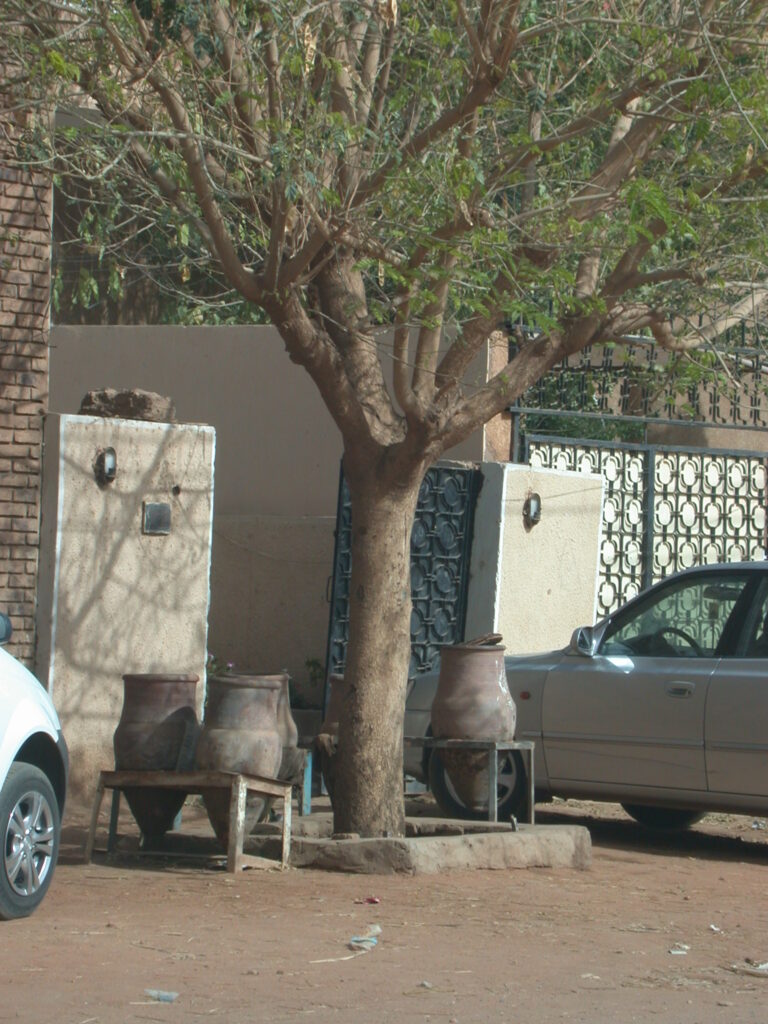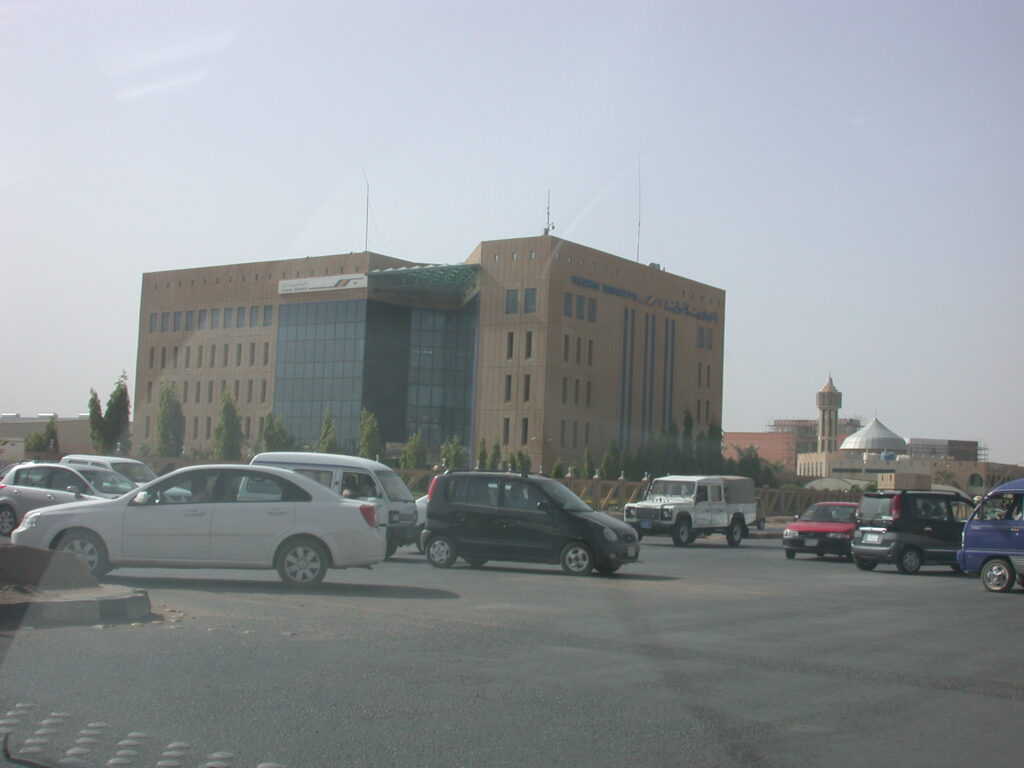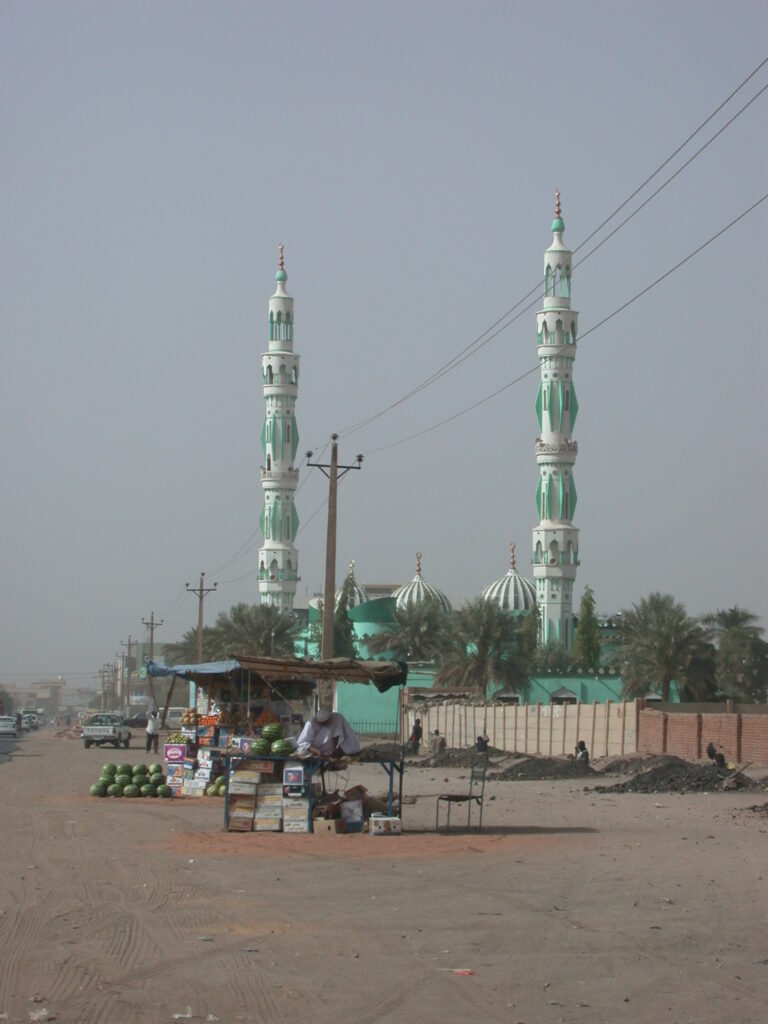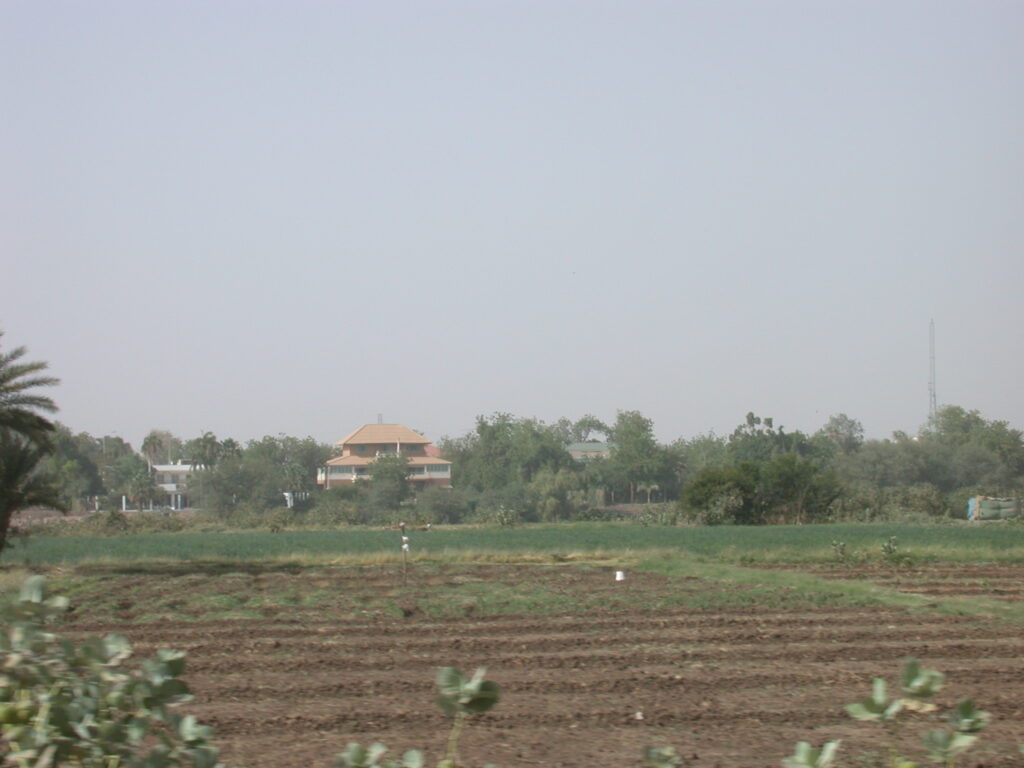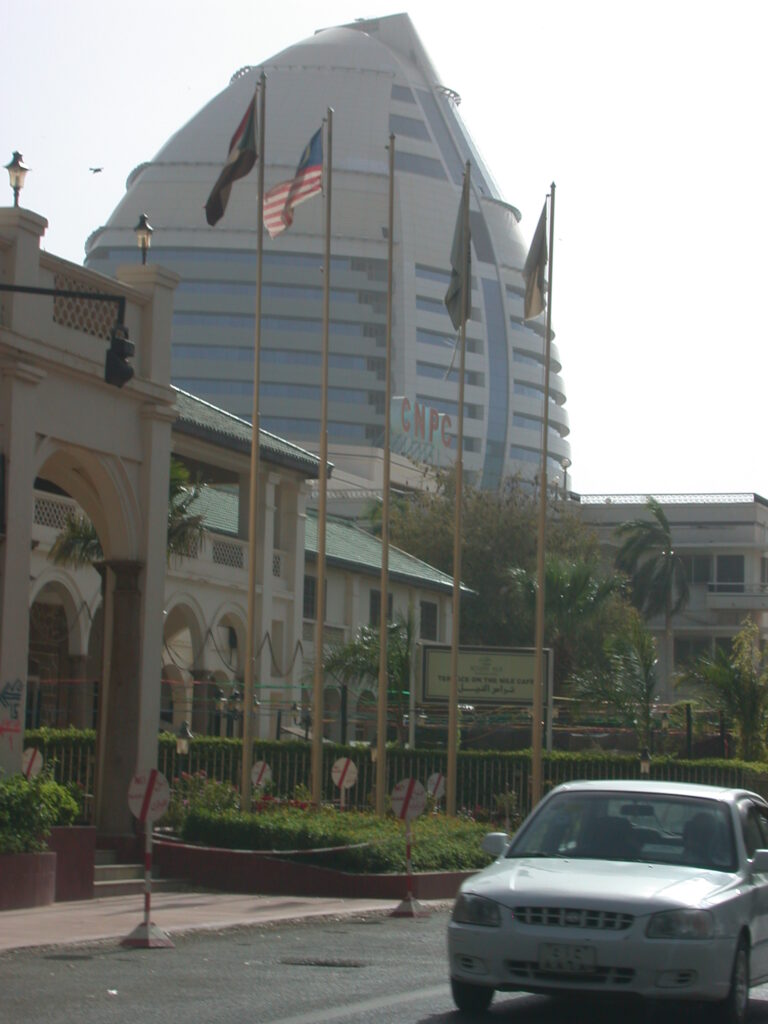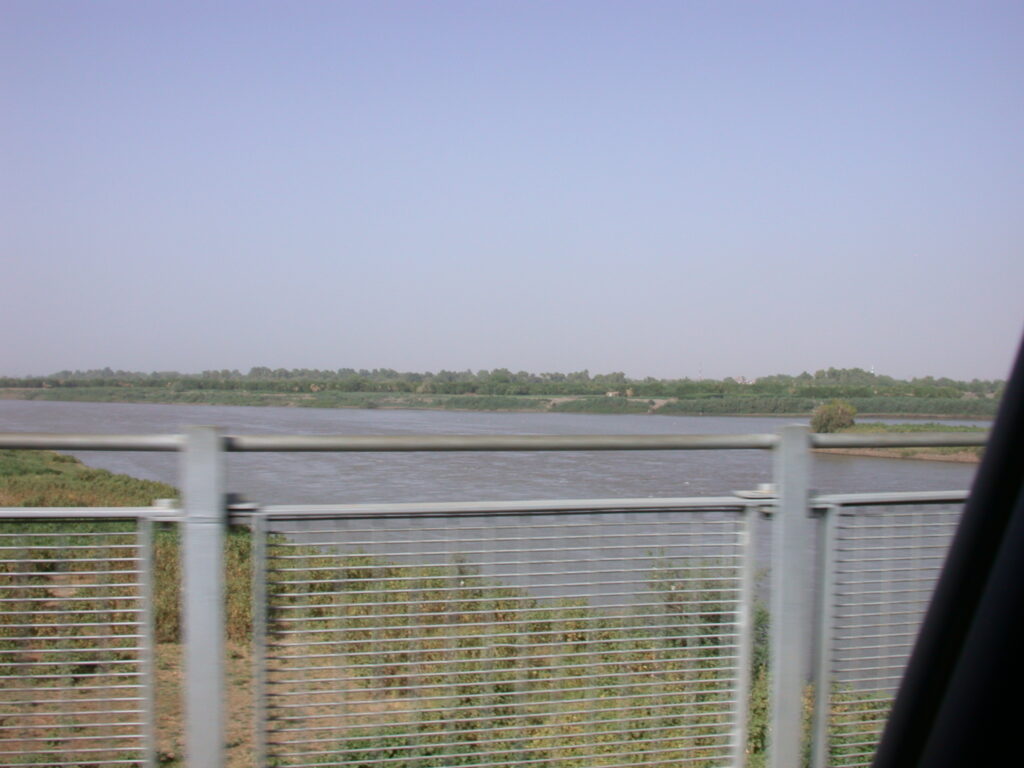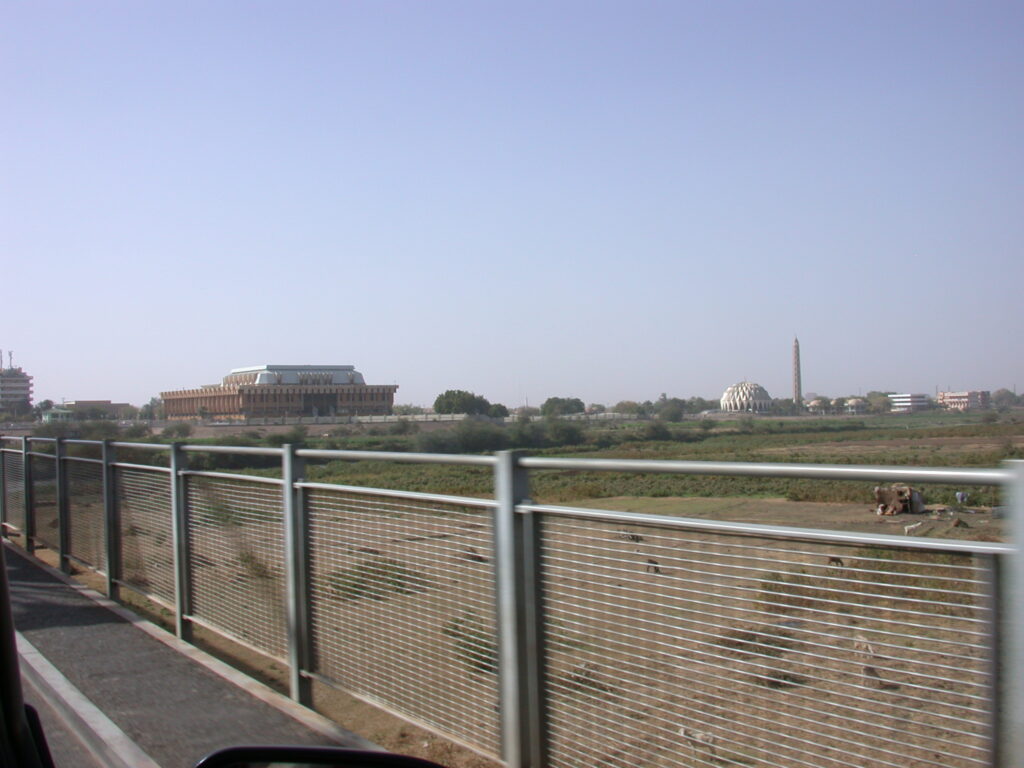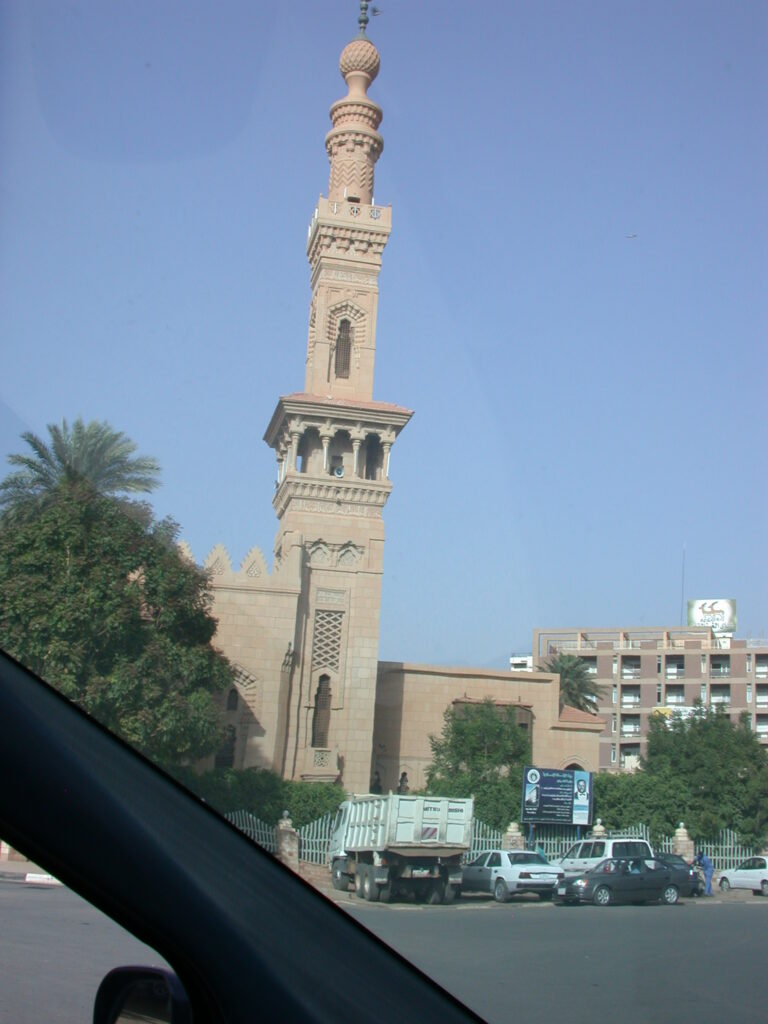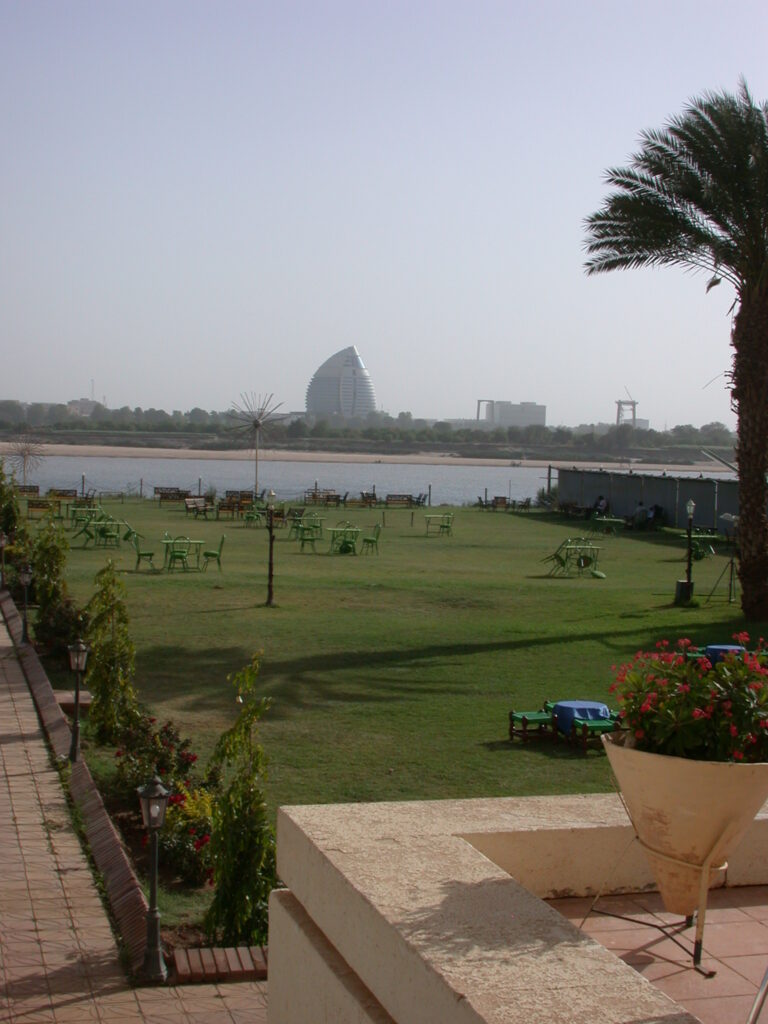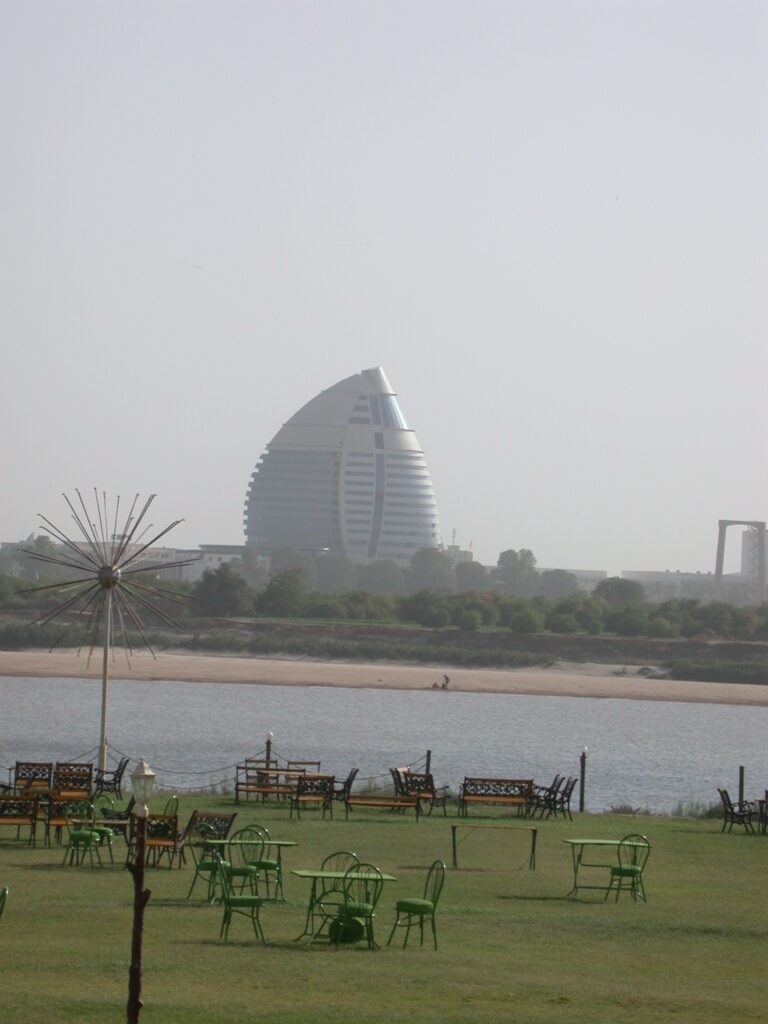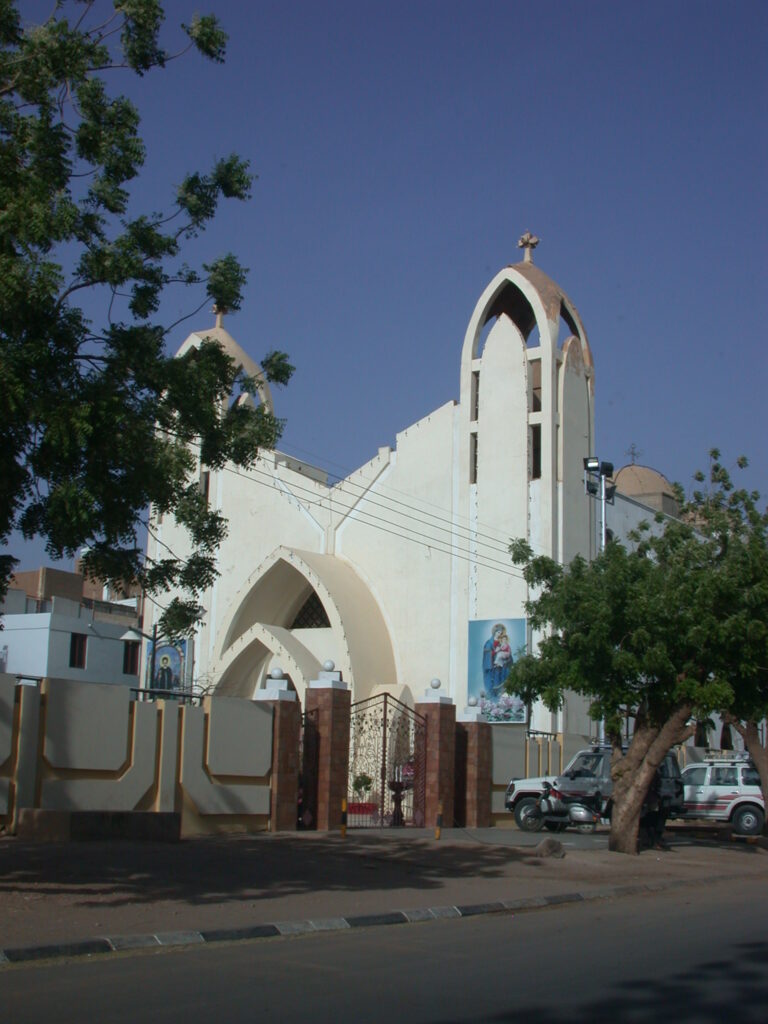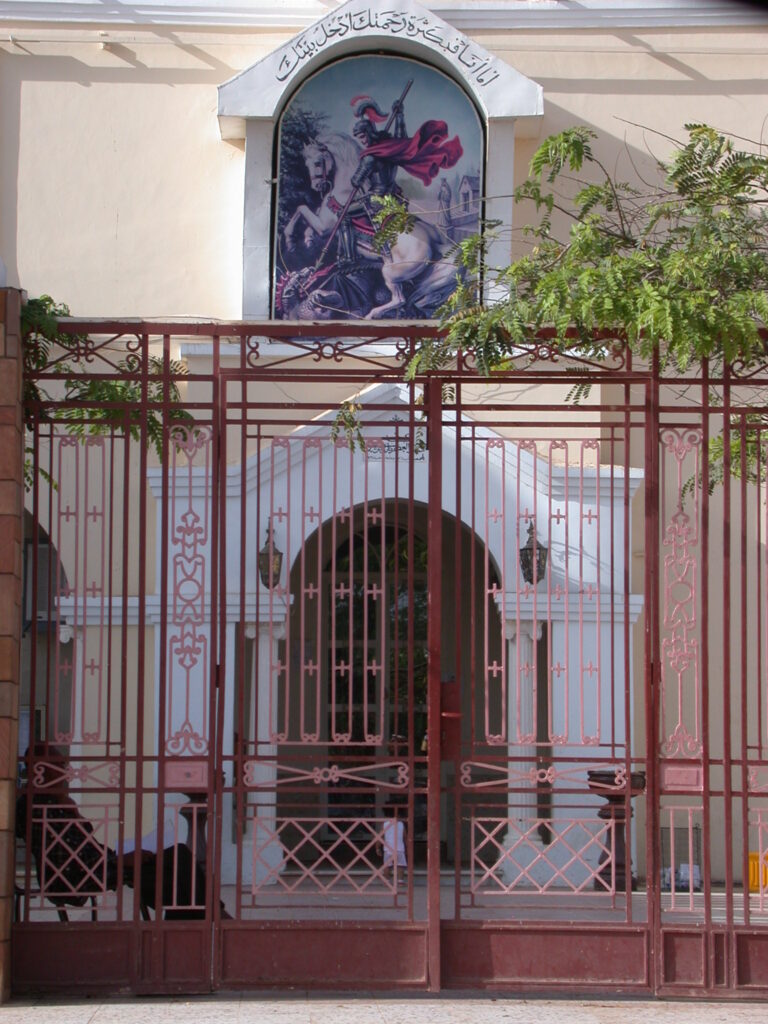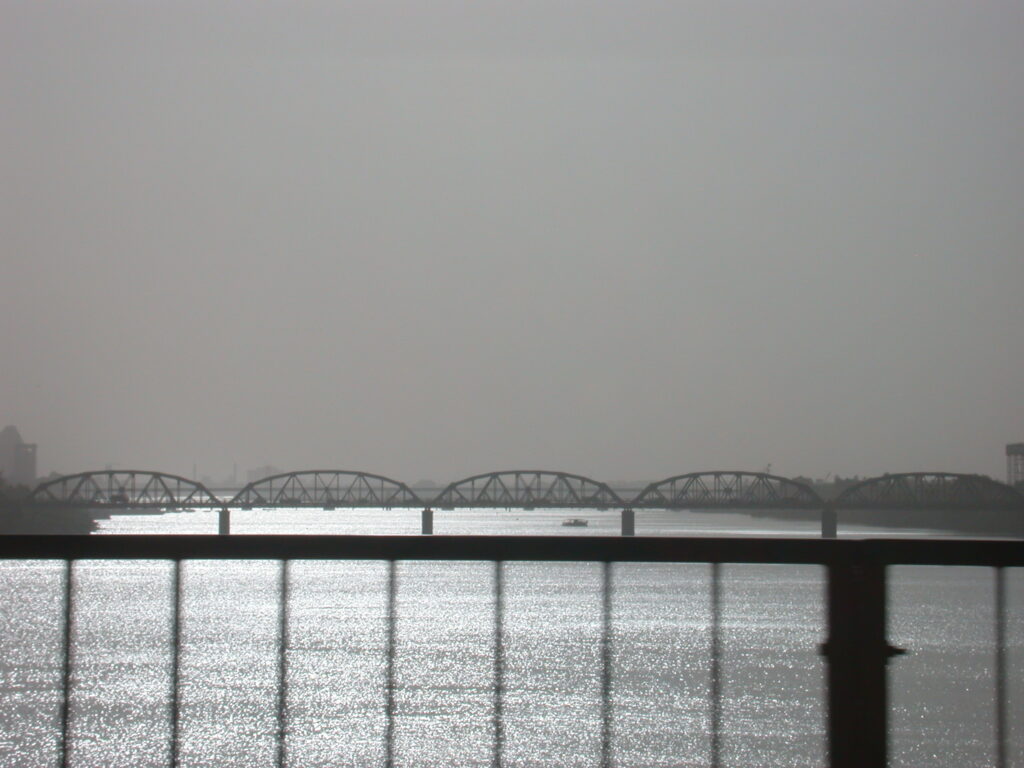November 3, 2007, Hotel Océanic, Dakar, Senegal
Je suis arrivé à Dakar! The flights here were long, but mostly smooth. I only had to sing my fear-of-flying song on take-offs, landings, and one period of turbulence. South African Airways has reasonably good vegetarian food and good on-flight entertainment. I watched two movies: Opal Passion, the touching story of an Australian girl with imaginary friends, and another film whose title I’ve forgotten about Nelson Mandela, told through the eyes of his white prison guard as his attitude toward Mandela and the freedom movement evolves over time.
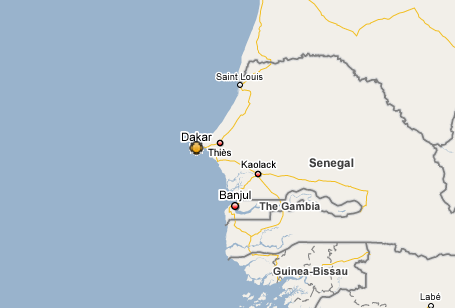
Dakar airport arrival was relatively painless and practically on time at around 5:40am local time (Greenwich mean time). Descending the portable stairs wheeled up to the airplane, we walked to a bus that took us to the main terminal for baggage. In the bus, I chatted in French, the lingua franca around here, with a friendly guy about what I thought were the Dakar airport closures. He exclaimed with surprise: “Dakar airport will also close?” I asked what he meant and he clarified that it was Bamako airport that would be closed for renovations through November 7. So, that solved the mystery. I thanked him for helping me to figure out that it was Bamako airport, not Dakar, that is closed.
In the airport, I purchased the flight from Dakar to Bamako for November 8 at the outrageous price of nearly US$500. That brought my total airfare for this second African research trip up to around US$5000. The Air Senegal ticket price was quoted in the currency called Communauté Financière Africaine (CFA) of which there are two varieties. The variety used in Senegal is also known as XOF I think and is also sometimes named after the Banque Centrale des États de l’Afrique de l’Ouest (BCEAO) which issues the currency for a group of west African countries. Since the airline ticket sales agent told me the equivalent of the fare in US dollars at a rate of CFA450 per dollar, I decided to change money at that rate with the fellow standing outside the closed bank in the airport. He initially had offered me CFA435 per dollar based on the rate sign he pointed at in the closed bank. I’m still not sure if I got a good deal, but at least it was a better deal.
Almost everything here seems somewhat negotiable. Speaking of which, I somewhat foolishly also agreed to avail myself of the taxi service from a fellow who was hanging around the airport, rather than going directly outside to where the taxi queue was. I told him I already knew the rate should be CFA3500 to the hotel. Alcohol on his breath–an excellent advertisement for a taxi service–he discussed and discussed and pointed out every possible way I should pay him and the person who turned out to be the actual taxi driver more, including the tricks of pretending not to know I wanted the hotel at the center of the city rather than one near the airport, stopping at the gas station to get me to pay for gas before arriving at the destination, offering to by my guide for anywhere and everywhere I might want to go, and demanding a commission in addition to the fare from both myself and the hotel receptionist when we finally arrived safely at the hotel. I simply told him three times we had agreed on a price and that was that. The receptionist rolled his eyes as if he’d seen the same theater a thousand times. The guy finally left when no one paid any more attention. After he left, the receptionist told me that all the unofficial taxi guys are crooks and I was lucky to arrive without them robbing me.
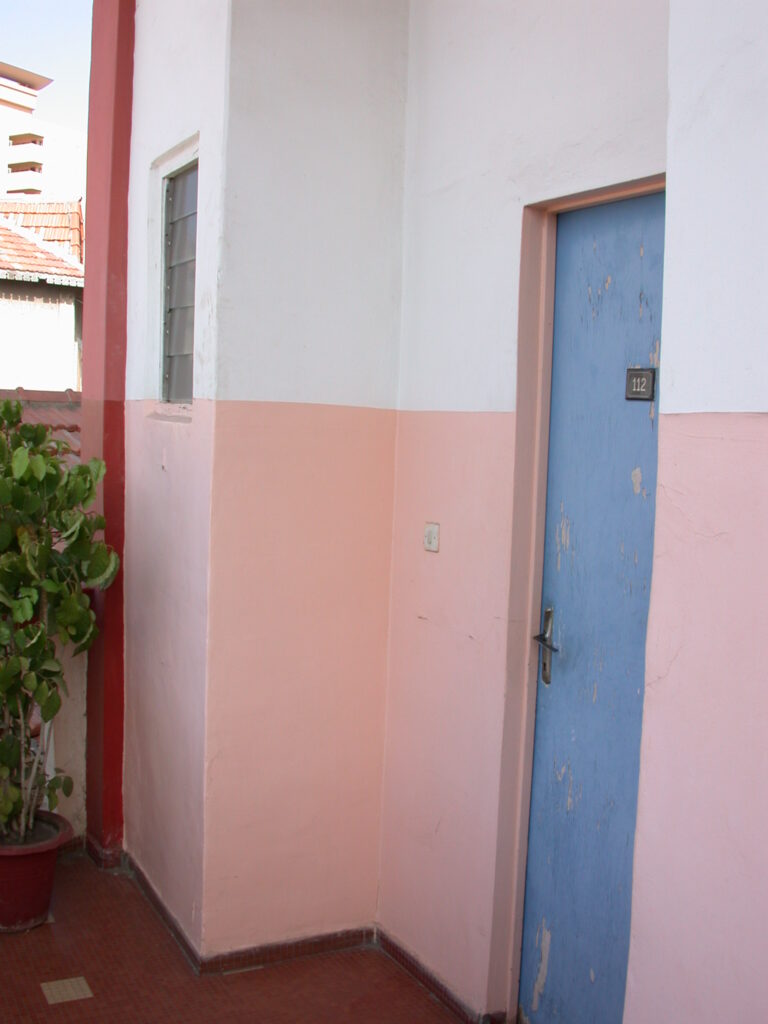
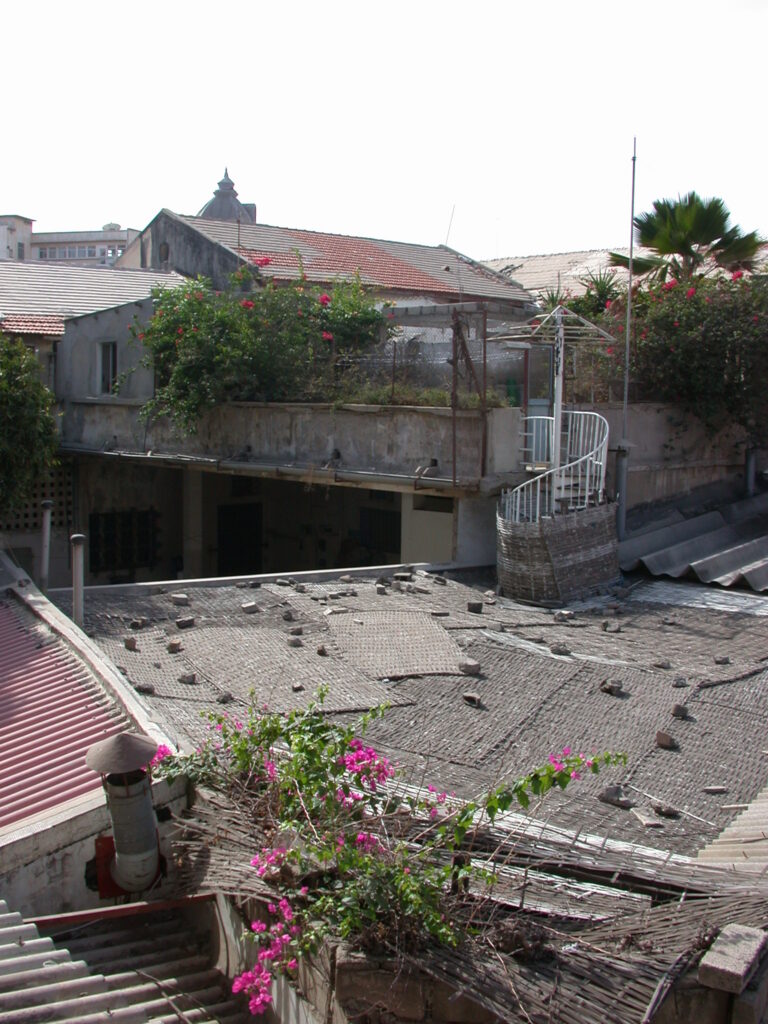
Because the room wasn’t ready at the ungodly hour when I arrived, I waited in the pleasant garden café of the establishment. I profited from the time by setting up my backups onto the tiny USB disks I brought along as I had on the last African trip. It’s such a comfort to know that even if the laptop gets stolen (goddess forbid!), I’ll still have the crucial writing and travel data with me. I just have to remember to back stuff every time I change anything. The woman working the cafe asked me if I wanted breakfast. Because of something the receptionist had said earlier, I wasn’t sure if I qualified, but she assured me it would be no problem for CFA2000 (about US$4.50). The hot chocolate was excellent but the croissant was too crusty. I was exhausted. The receptionist from the next shift was there and told me that they didn’t have any more single rooms, but I could have a four-person room for CFA35800 instead of the CFA21800 I had planned to pay. I said that wouldn’t be possible. She said since I’m planning to stay until November 8, she could offer me the four-person room at the double-room rate of CFA25,800, until a single room opens up. I agreed, not wanting to schlep my stuff to another place and deal with another taxi ride.
I went for a walk over to the nearby office of Orange, the cell provider here in Senegal that includes international calling, so I could activate the cell phone I purchased when last in Cairo. Unfortunately, the office had closed at noon, so I won’t have a working phone until Monday morning. Walking back to the hotel, I noticed some activity around the Marché Kermel near the hotel. I browsed some of the local crafts and jewelry to the almost continuous bonjour‘s of the sellers, then went in to the market proper where I saw some good fruit. I purchased a kilo each of local oranges and nearly local bananas at the no doubt outrageous unbargained price of CFA1200, but I passed on the expensive imported apples and oranges, thus avoiding mixing apples and oranges. 😉 The transaction involved a fair amount of discussion with two of the guys working the staff, with a gentleman I expect was the true proprietor waiting behind the stall in the background. We had the usual “where are you from?”, name, and profession, with a little bit of the stuff about the hot Senegalese women thrown in for good measure. Practically every guy I talk with has refered to their womenfolk as “gazelles” and “nana” and who knows what else, along with hand gestures symbolizing which part of my anatomy is supposed to go goddess knows where. I haven’t let on to anyone so far that I’m more interested romantically and sexually in guys than women.
Returning to the hotel, I realized I had indeed forgotten to pack something, just as I had predicted when packing at home. Luckily, the item isn’t a total necessity: it’s the wonderfully simple blue plastic orange squeezer that would come in handy for the oranges I purchased at the market.
Tonight, I plan to check out a restaurant with typical Senegalese food. Tomorrow, I plan to visit Isle de Gorée with its infamous Maison des Esclaves.

